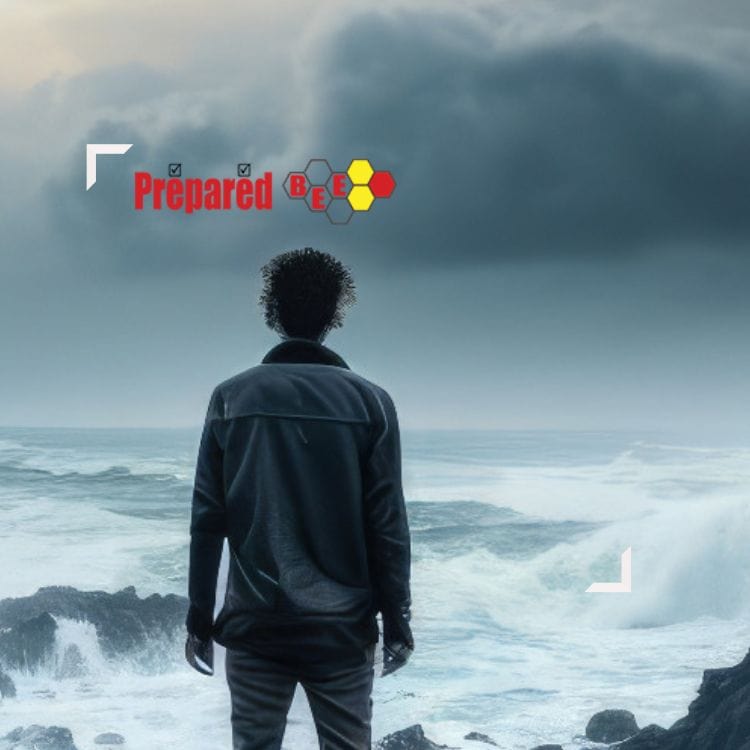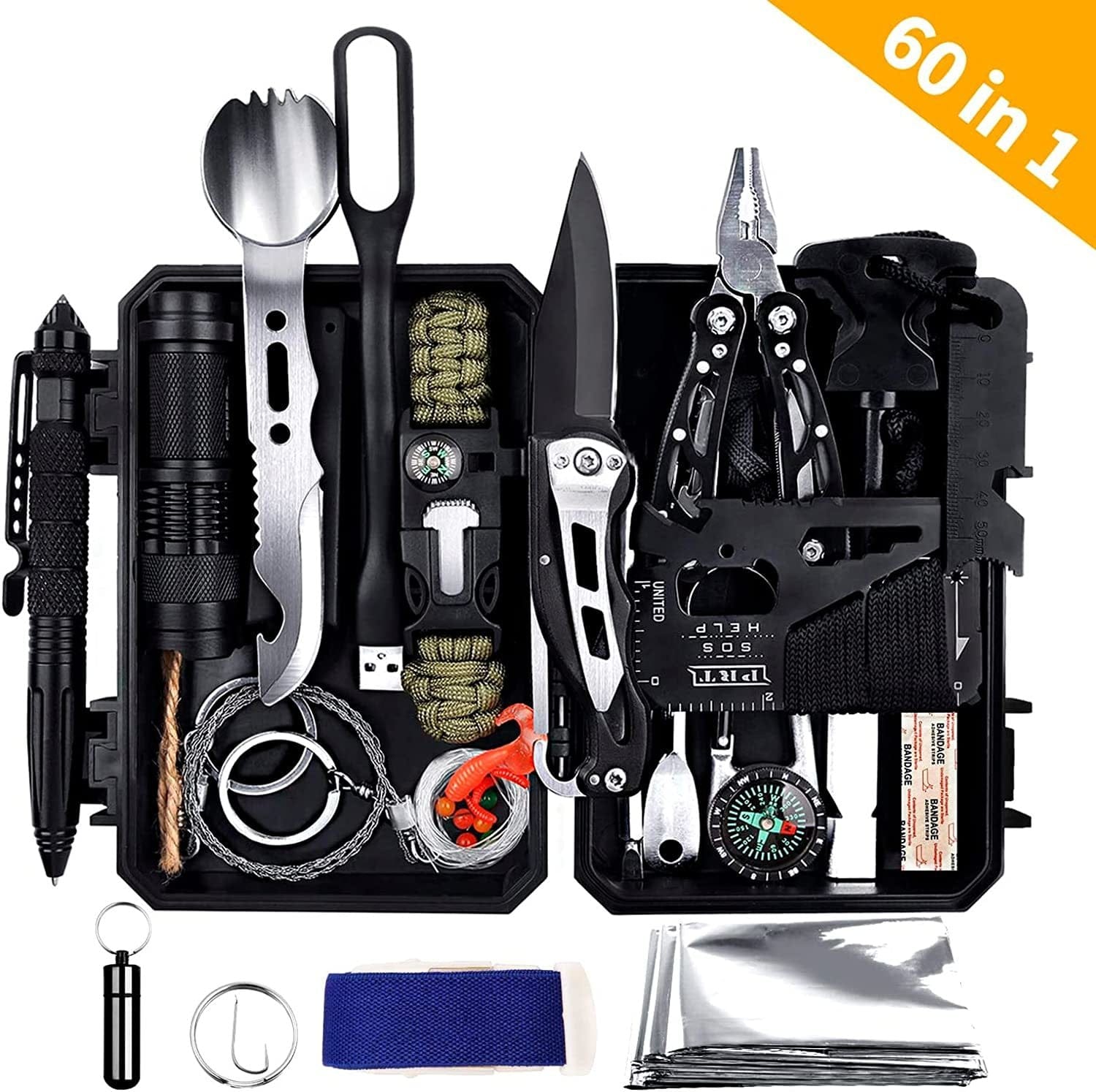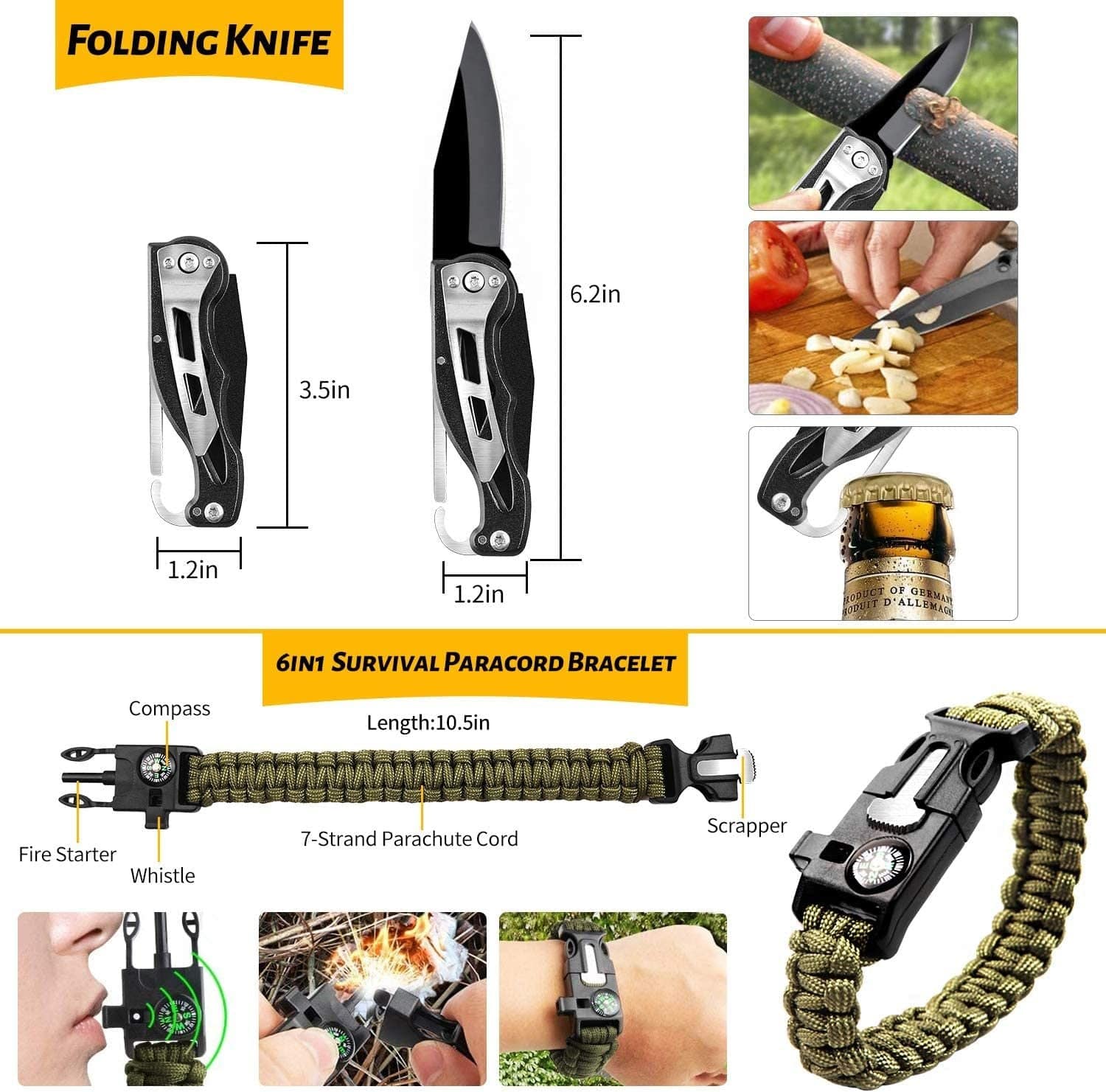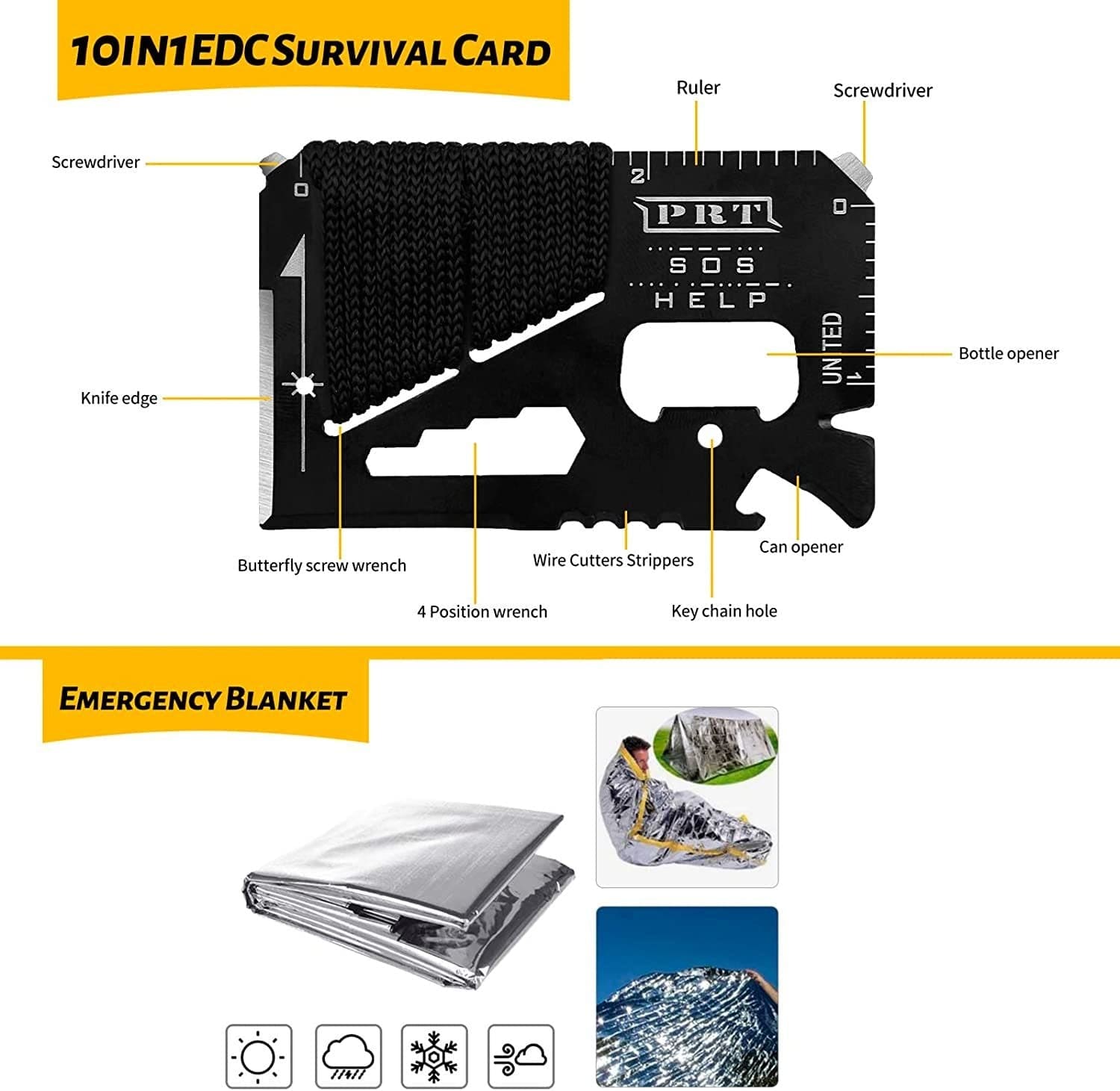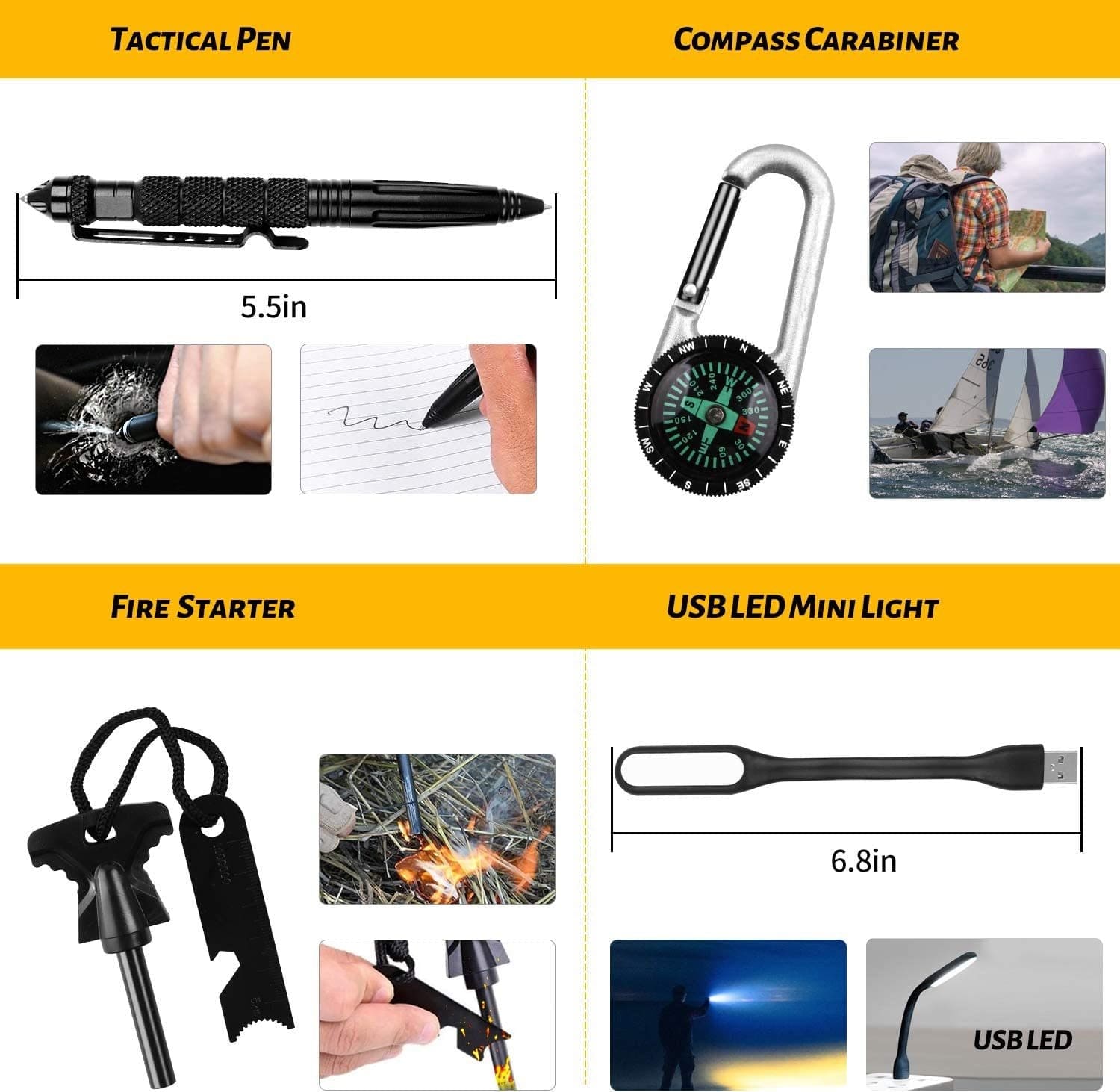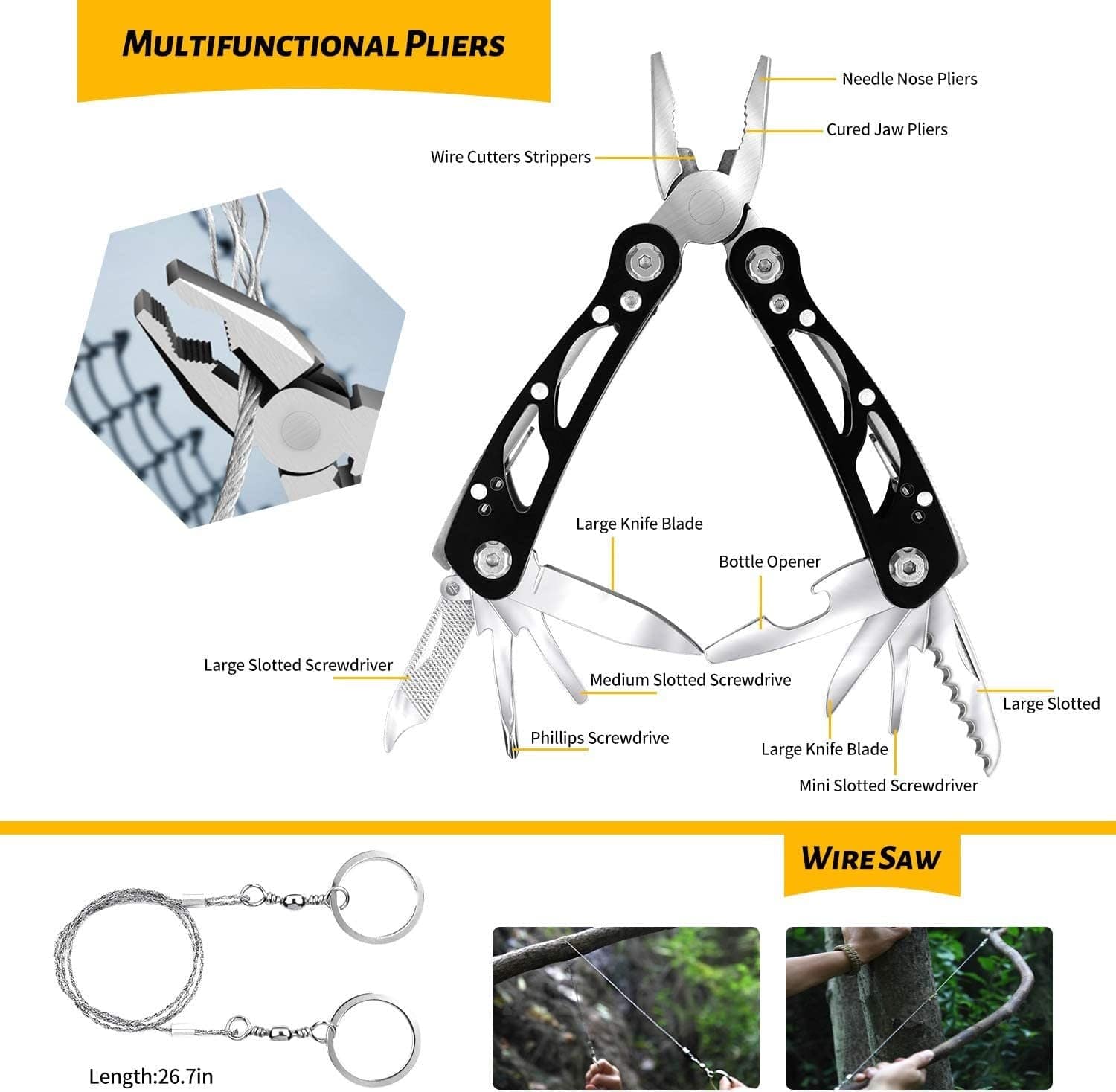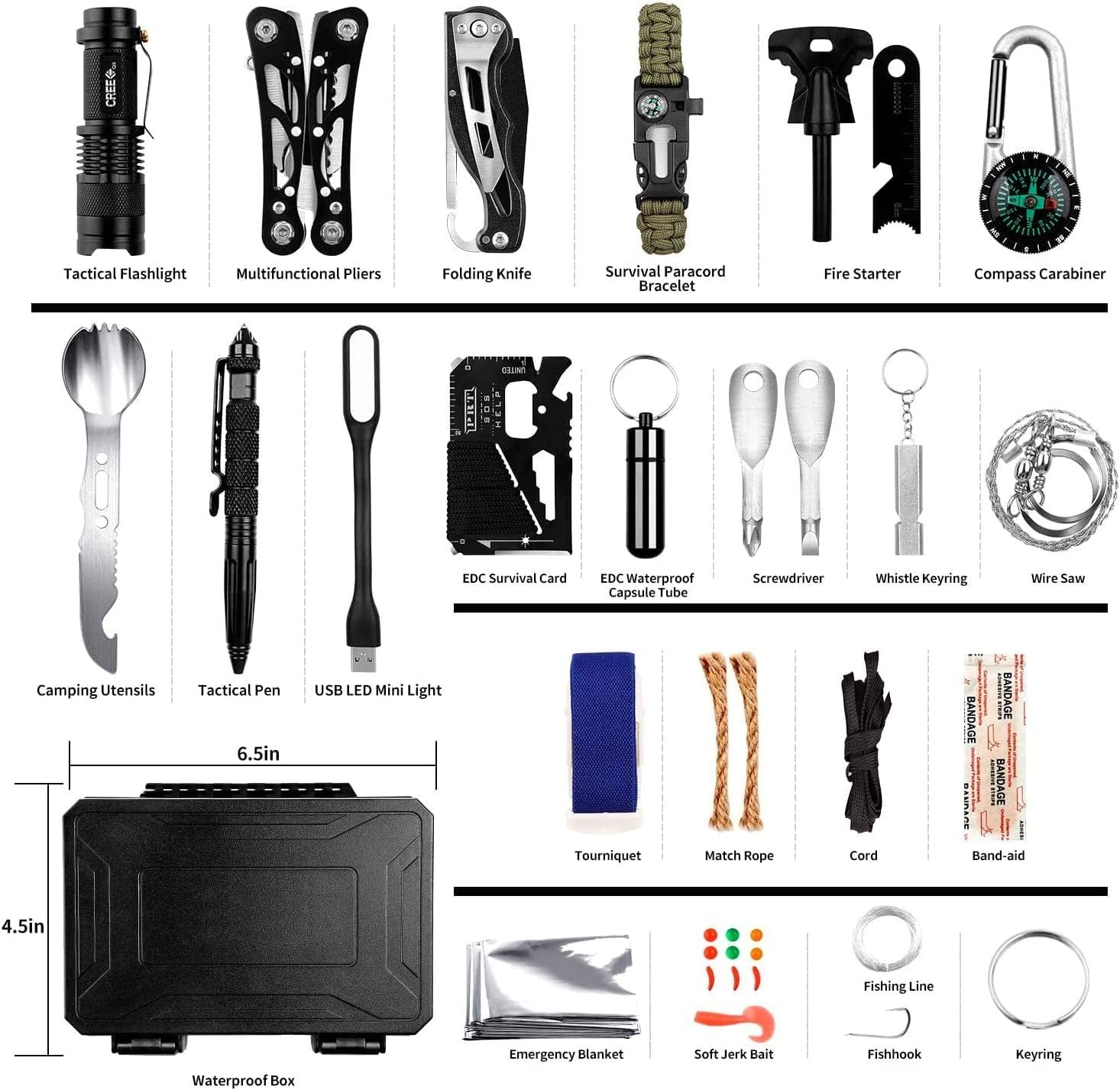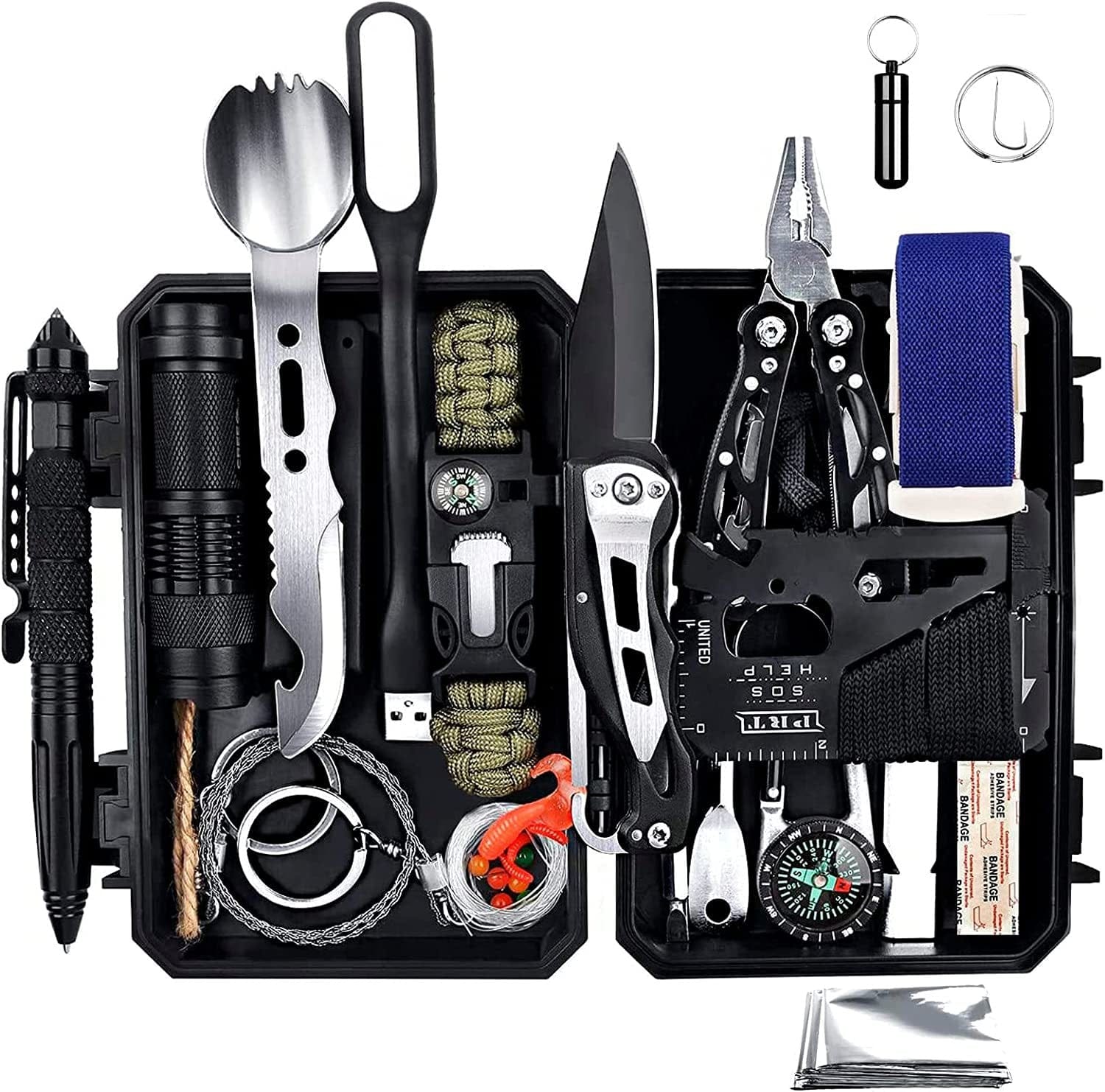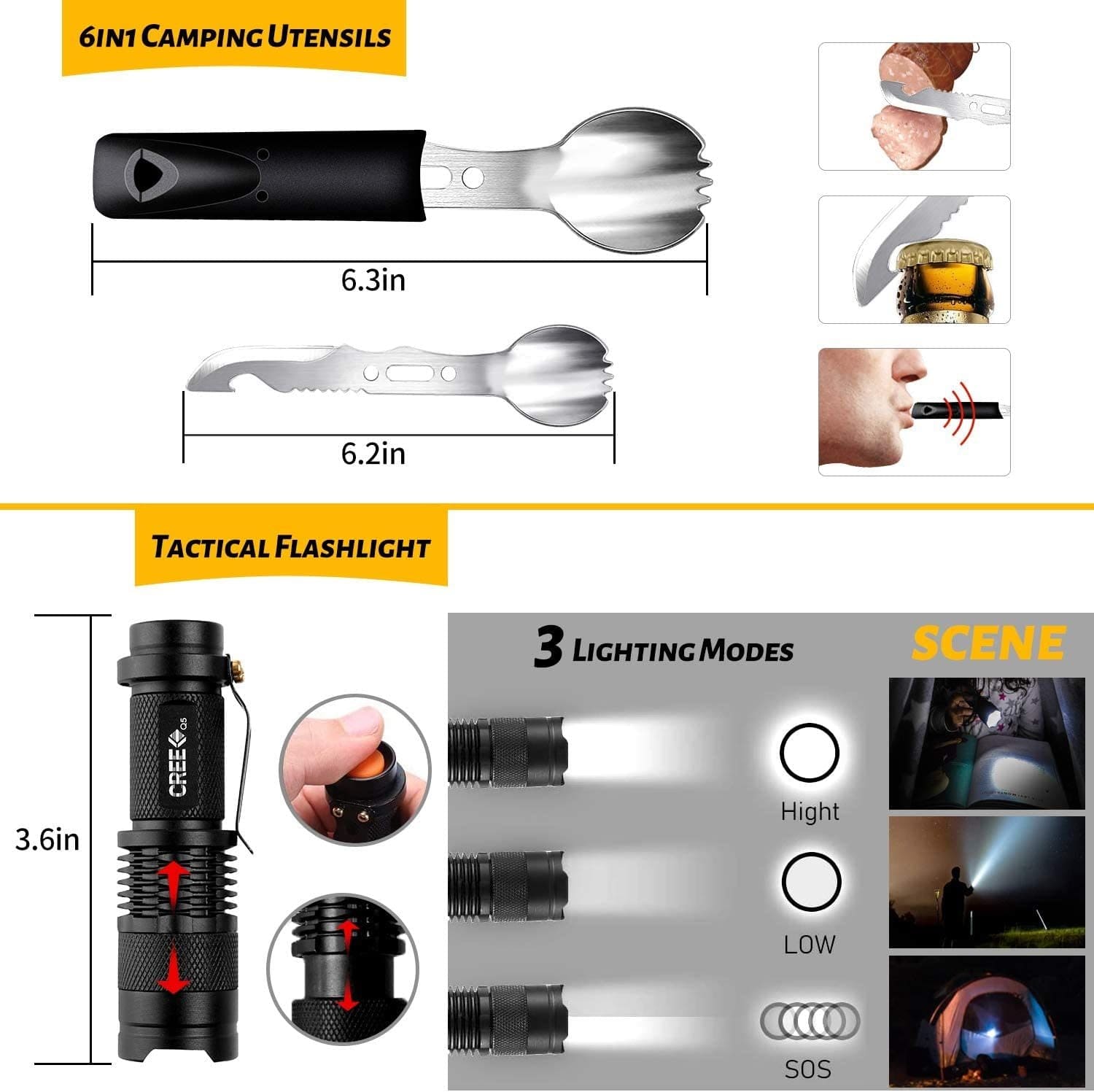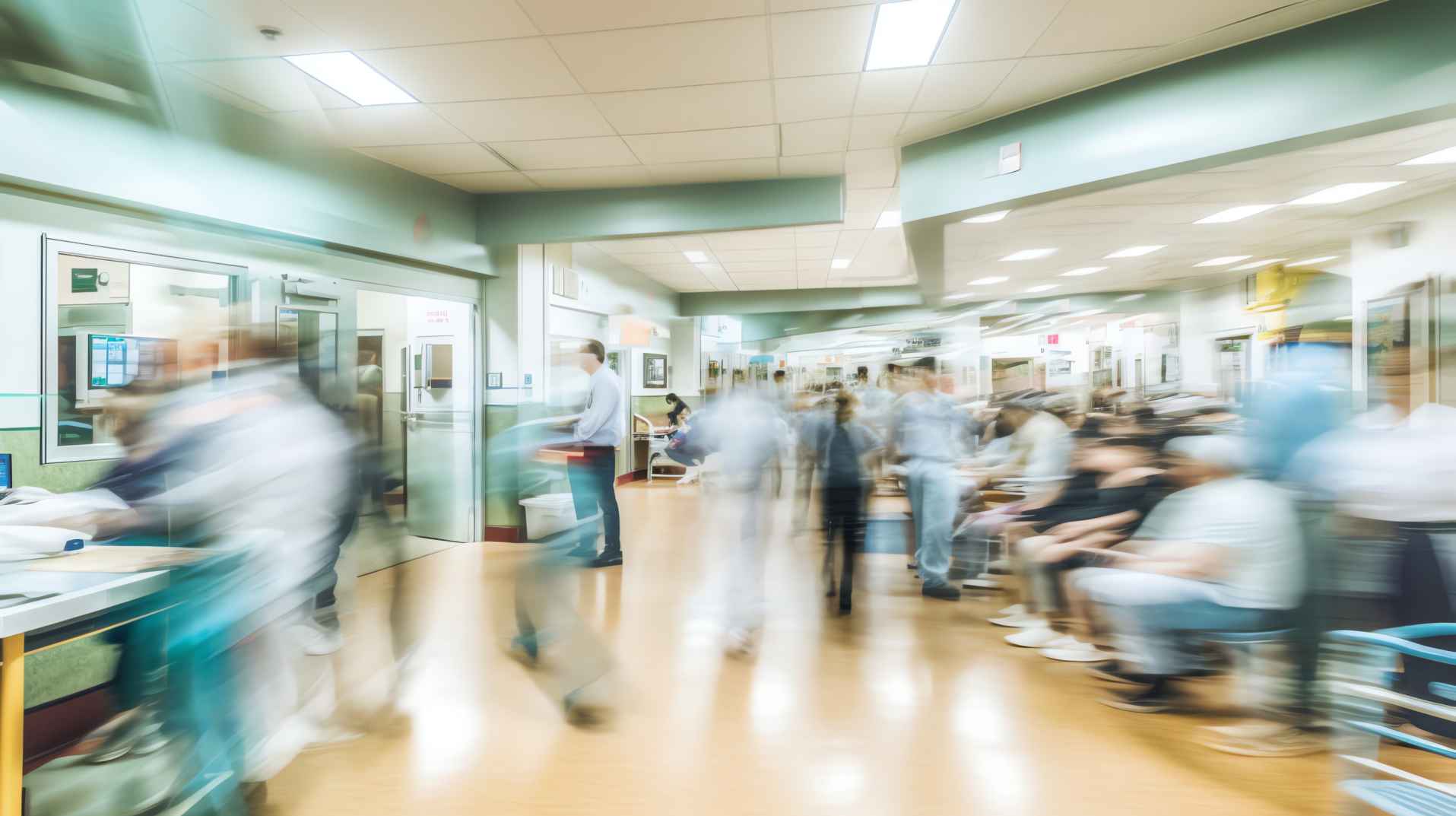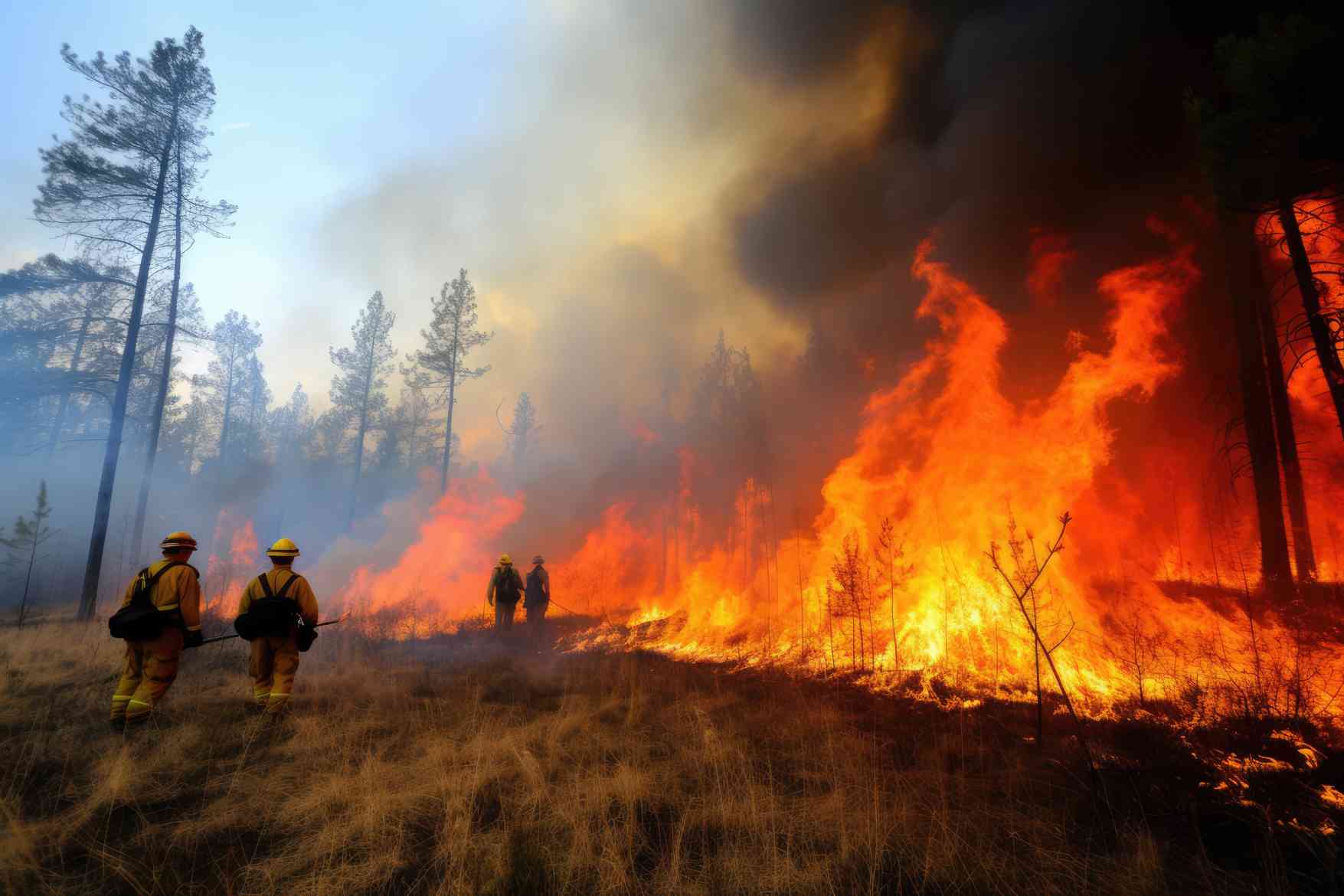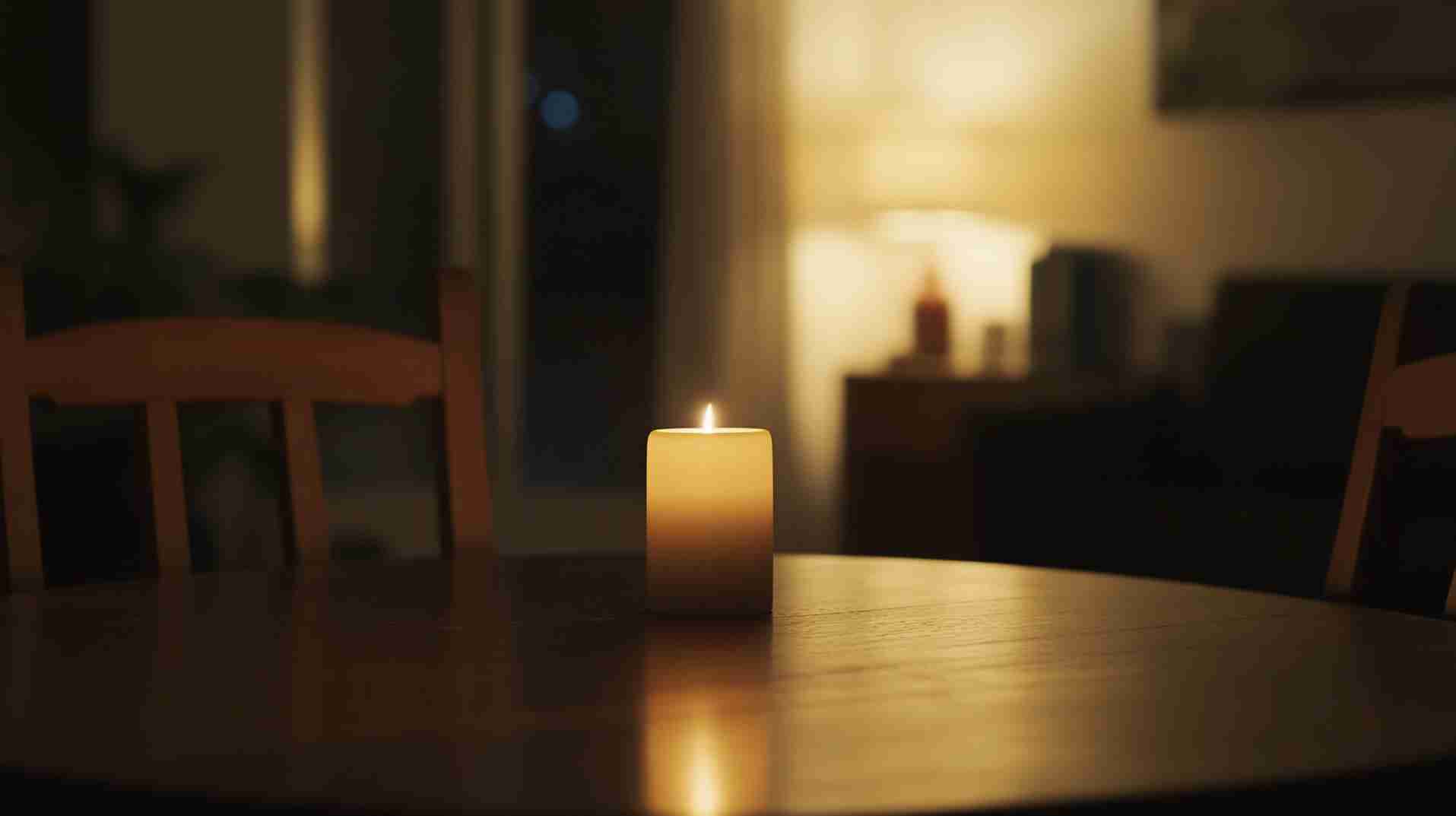Featured Prepping Collection
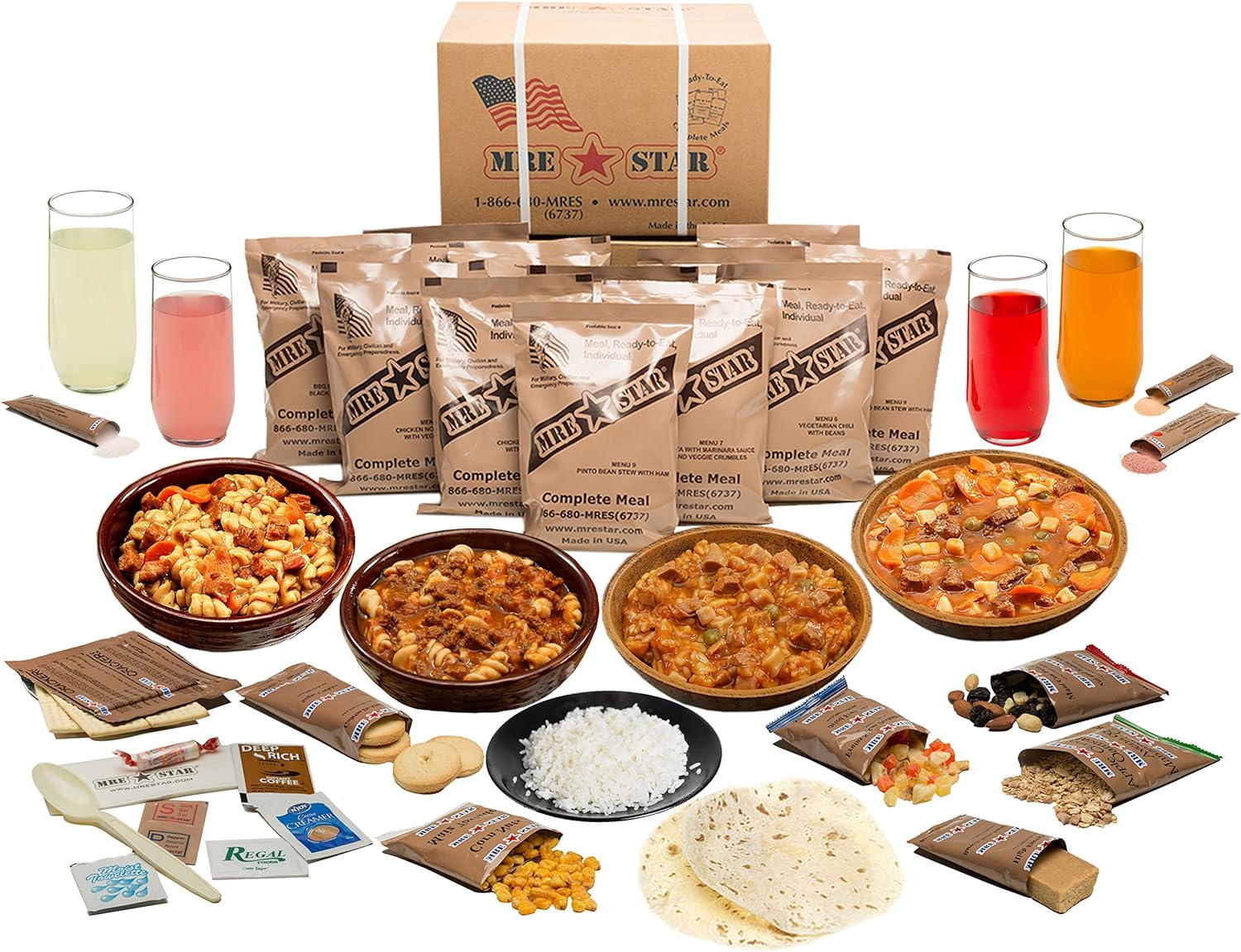

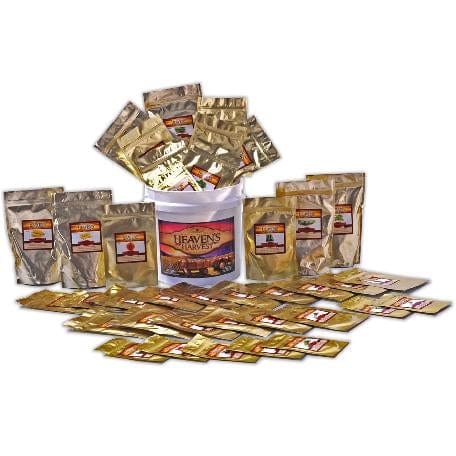

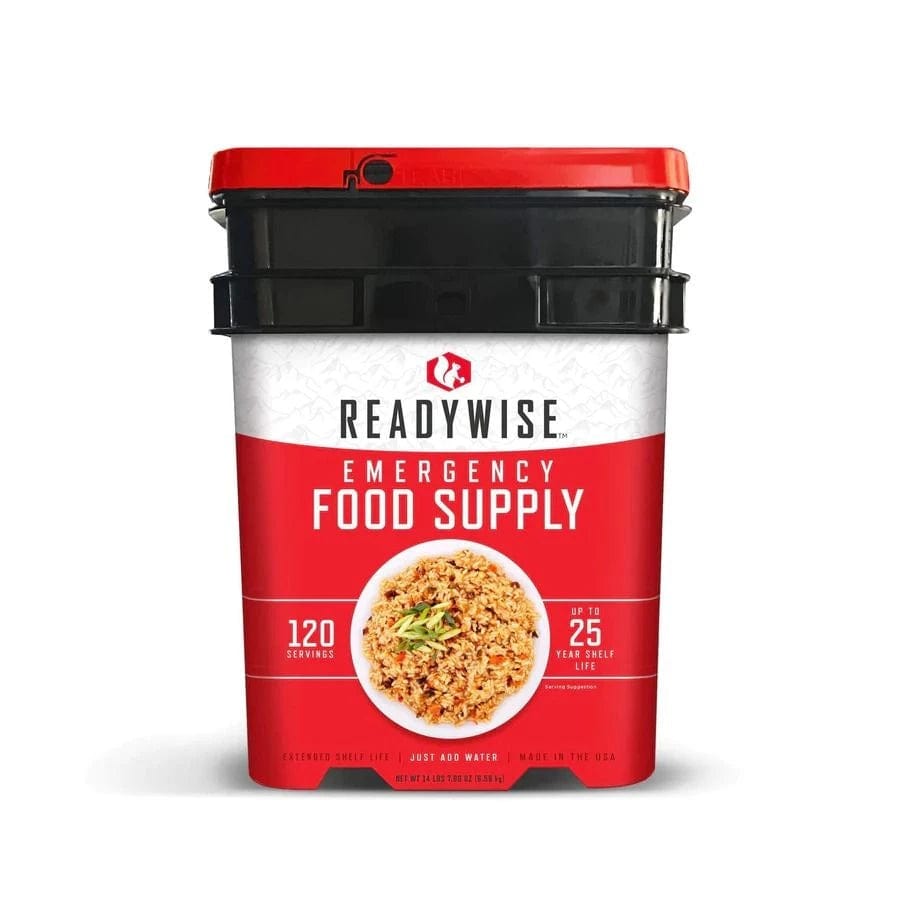
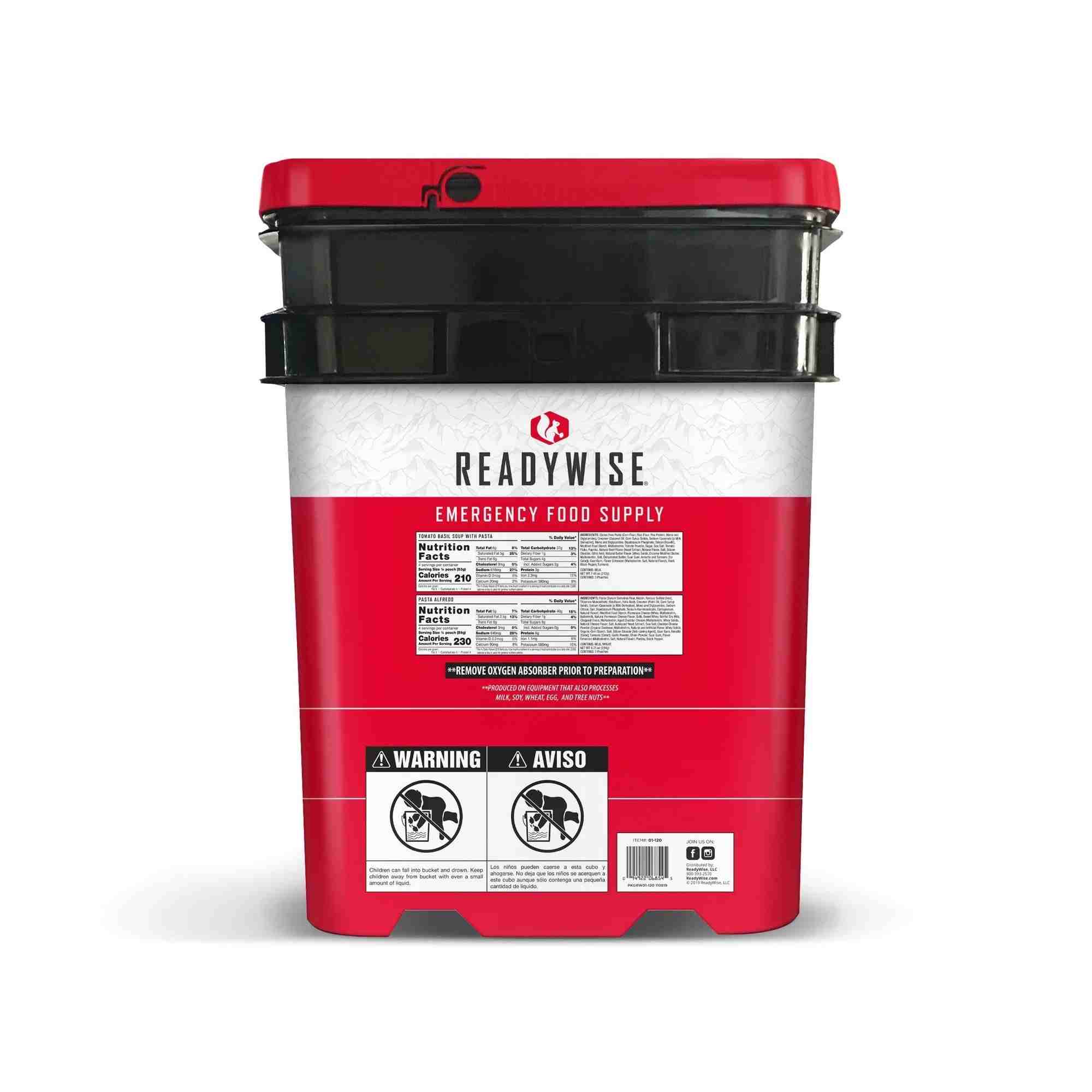
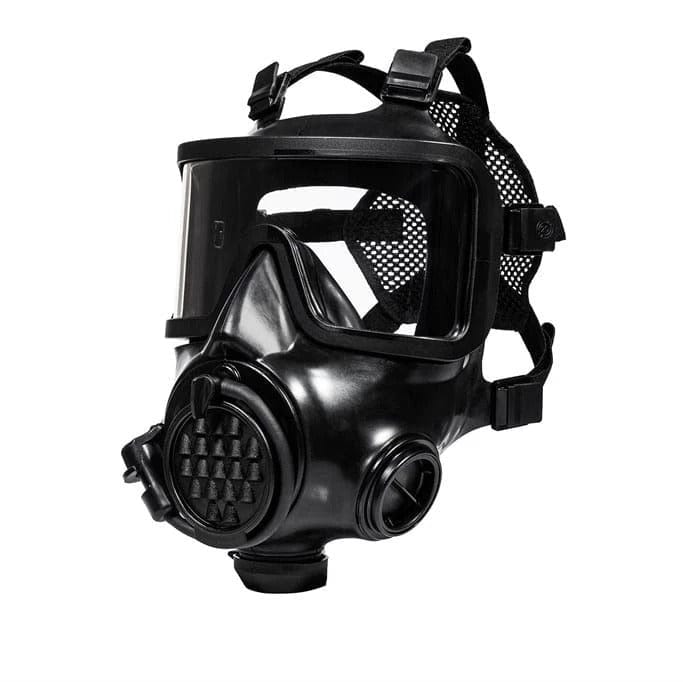
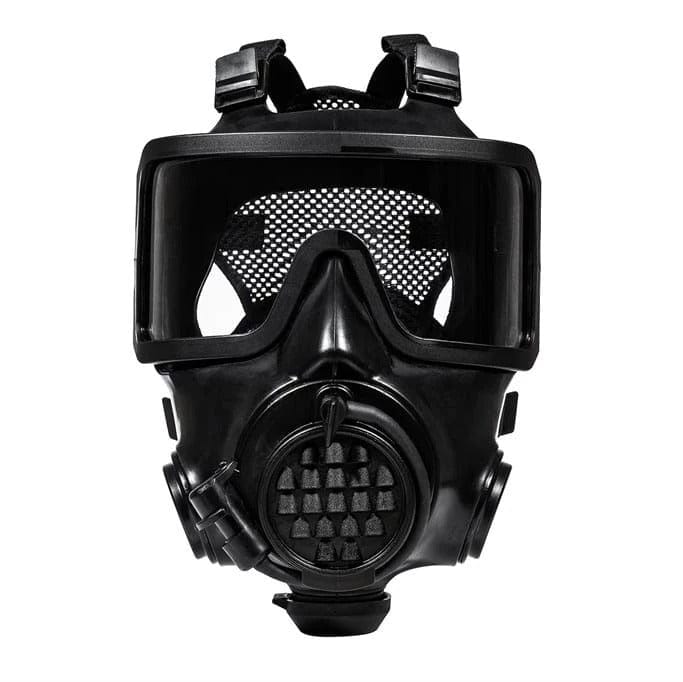
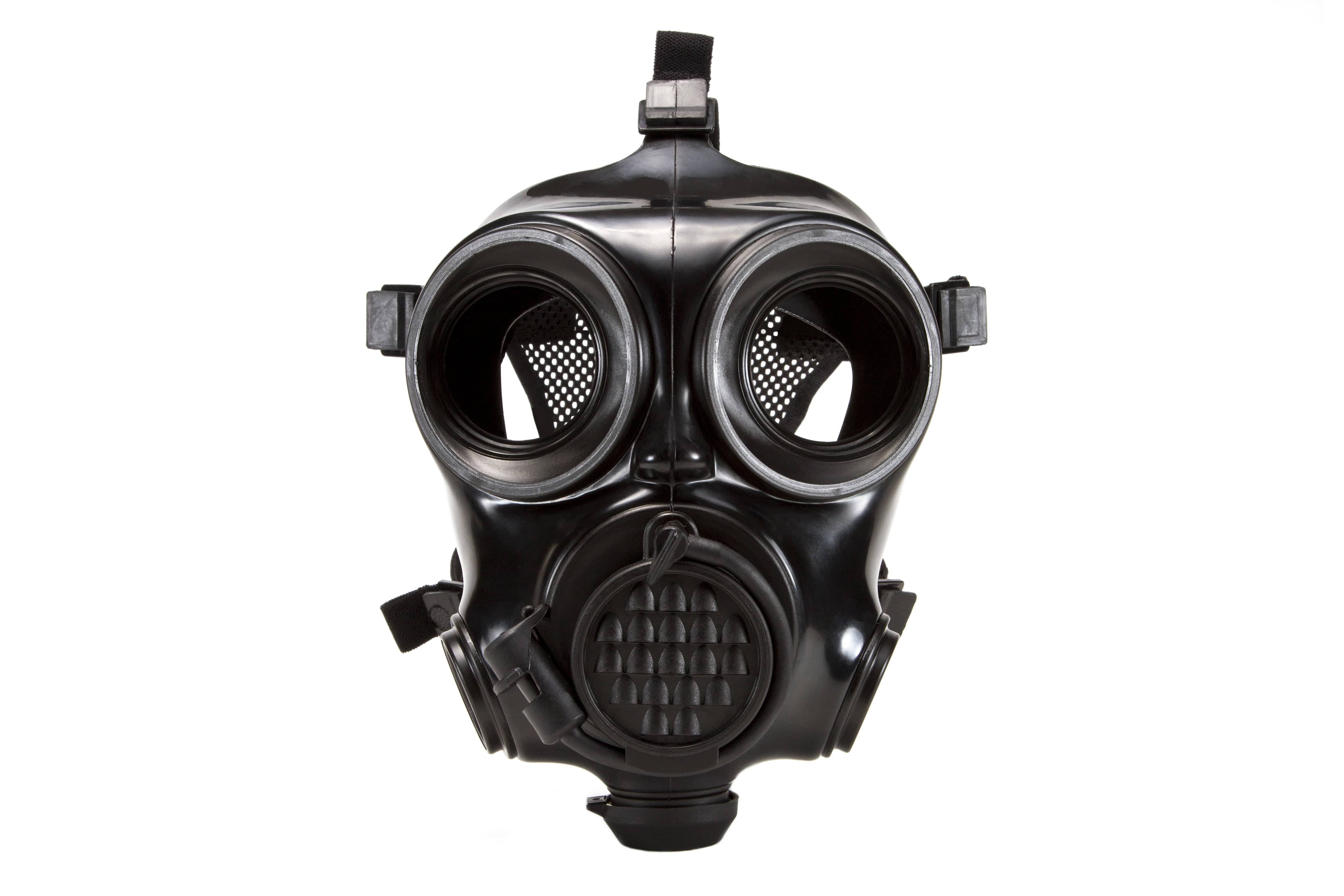
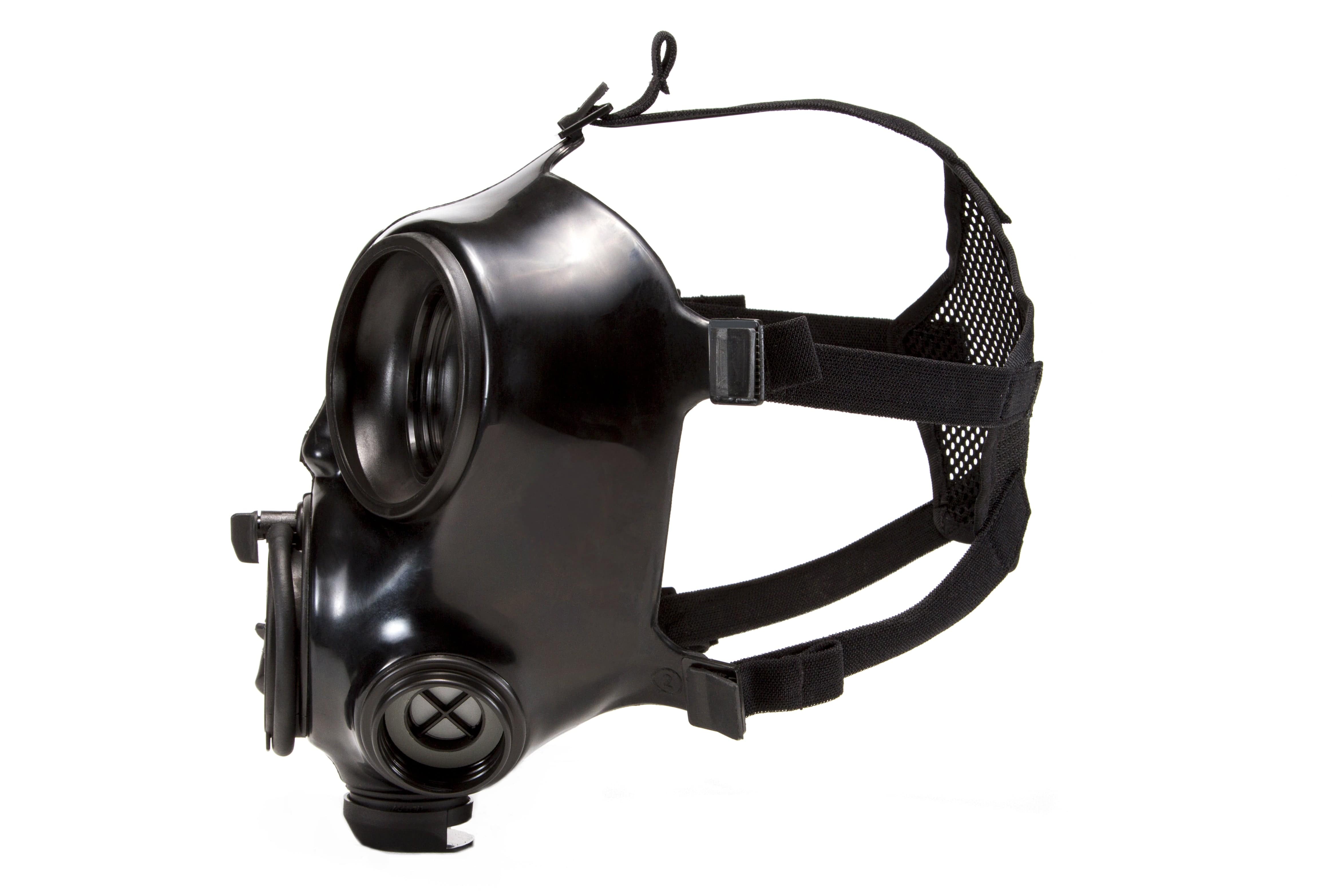
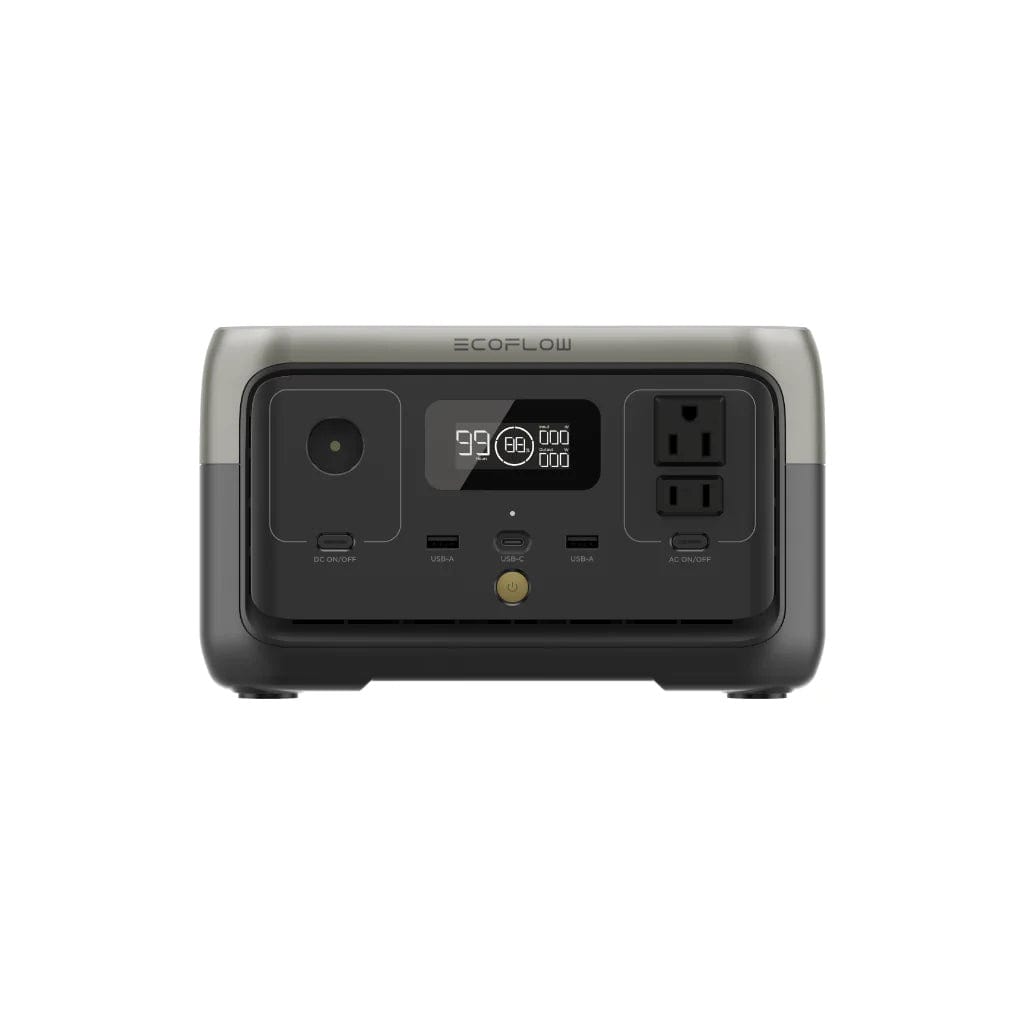
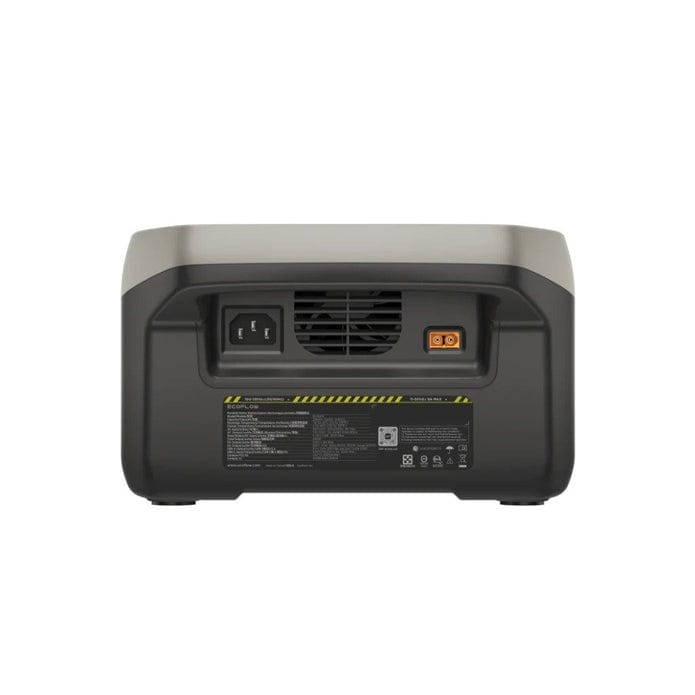
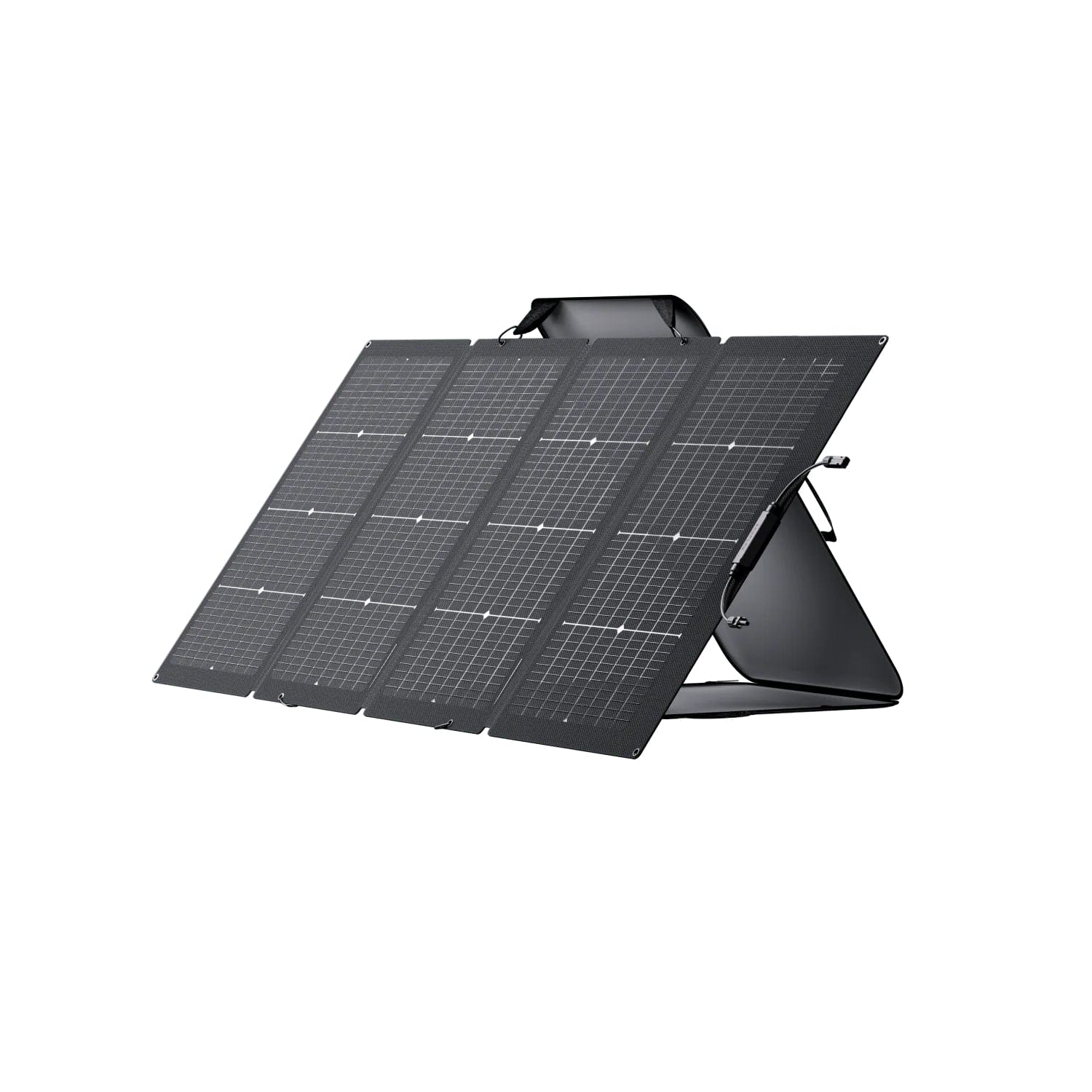
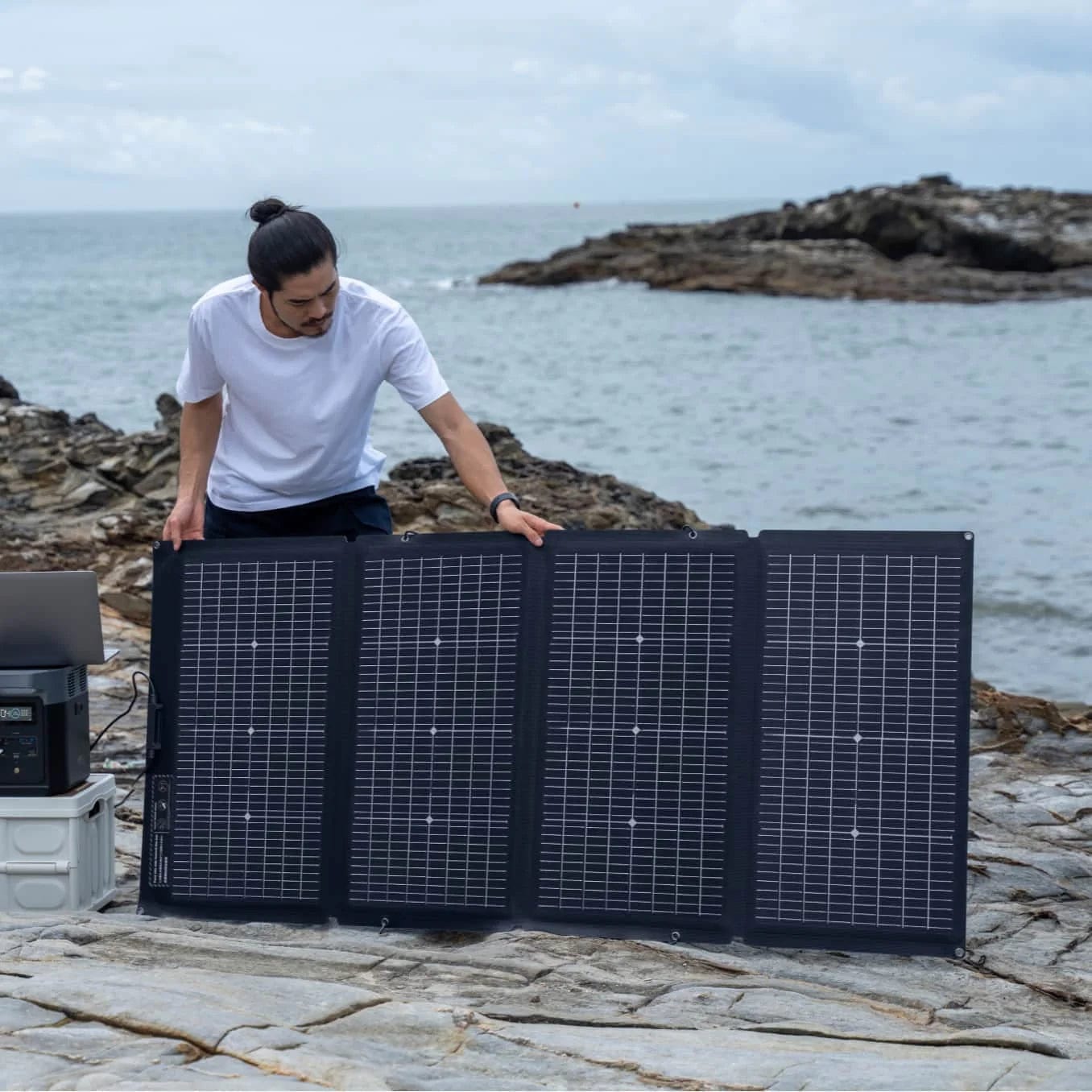
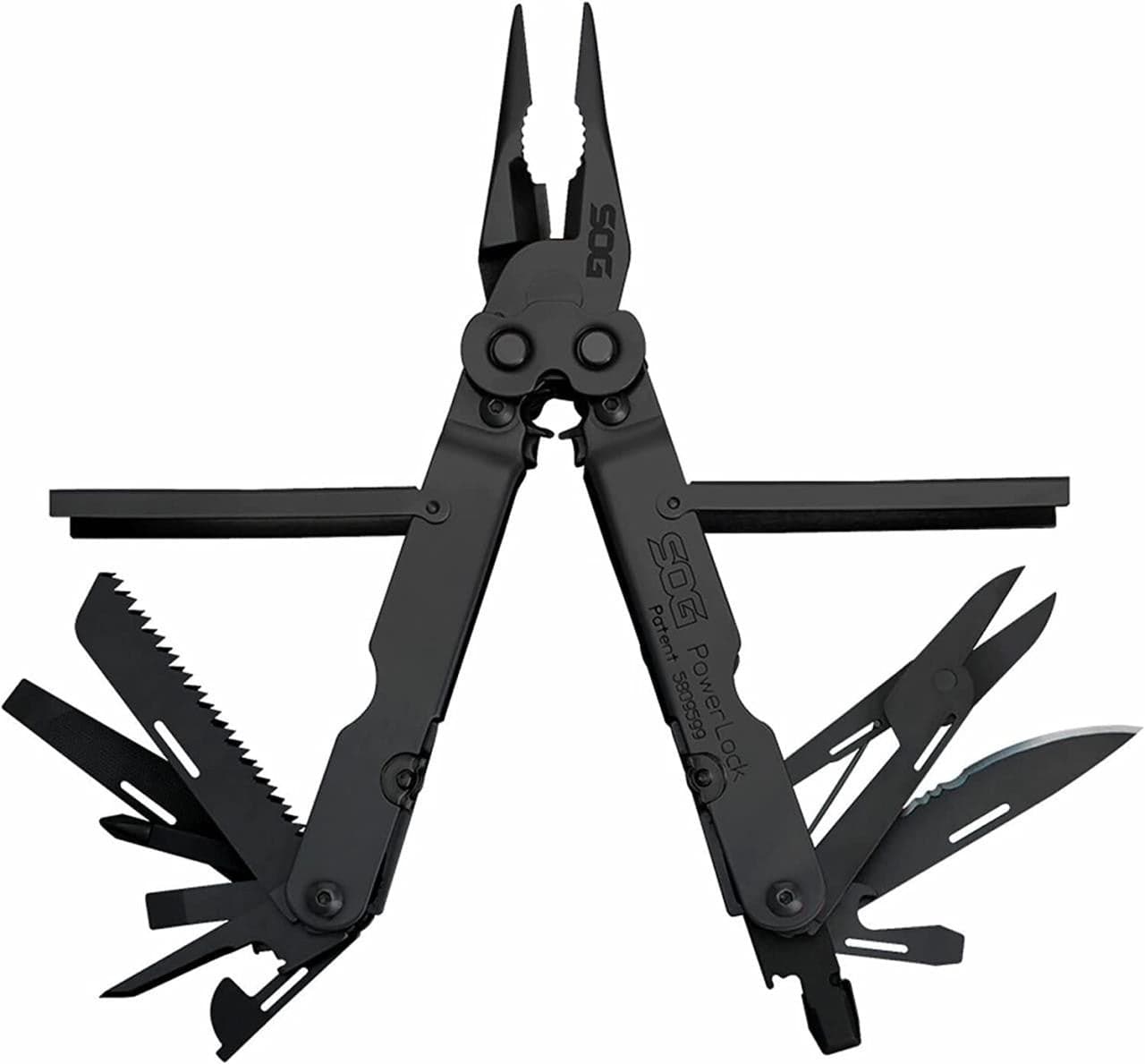
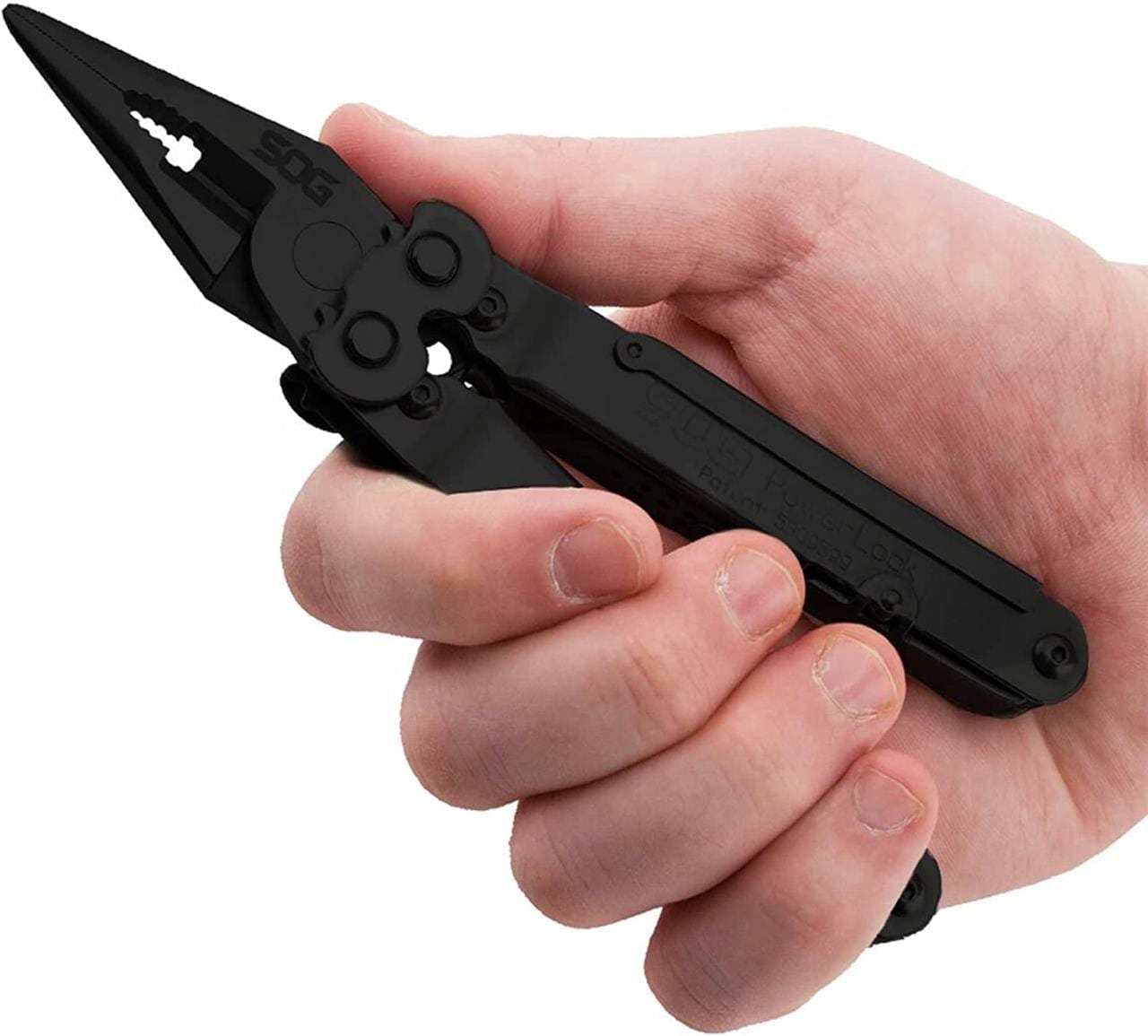
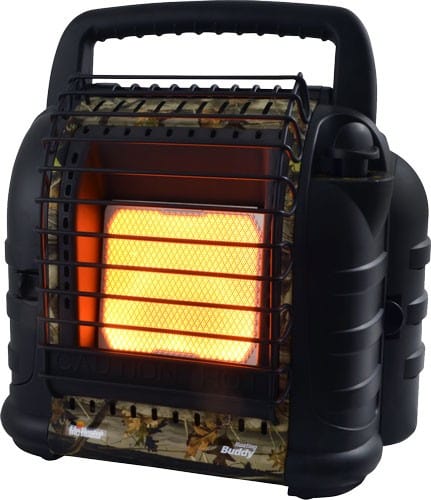
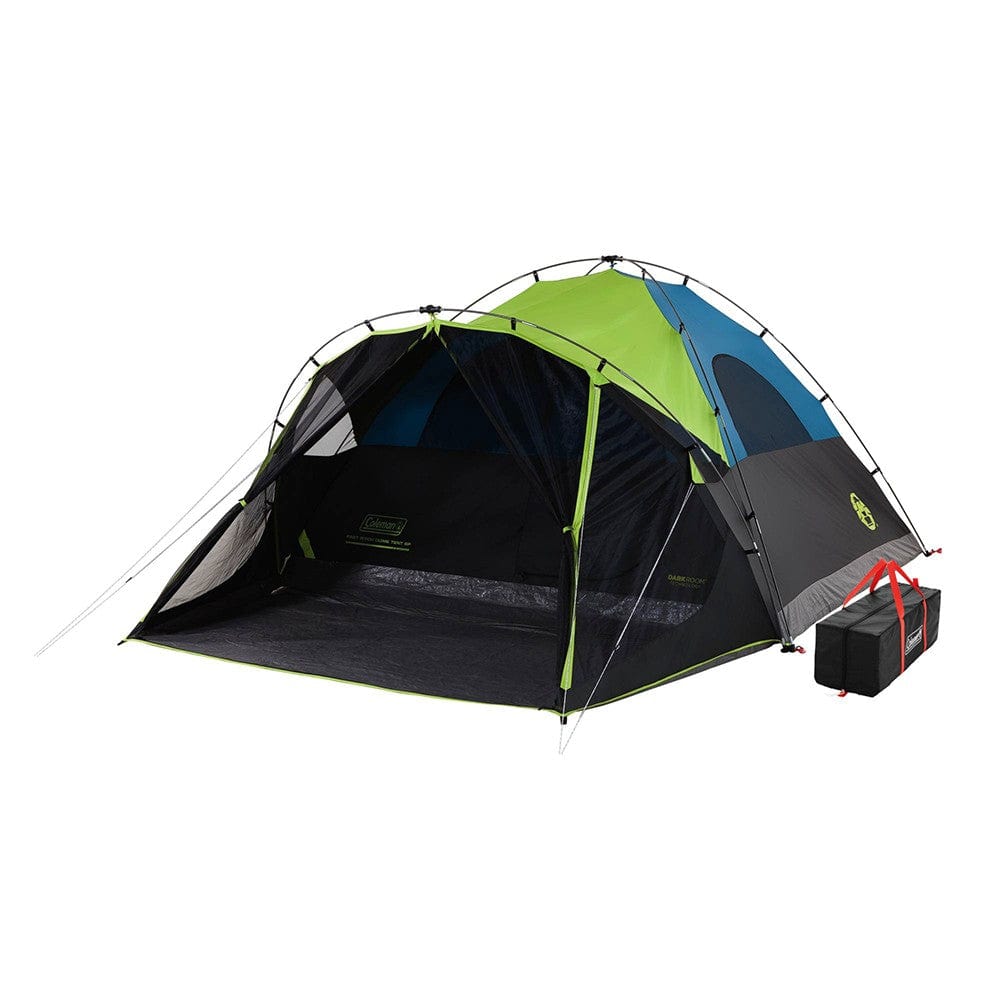
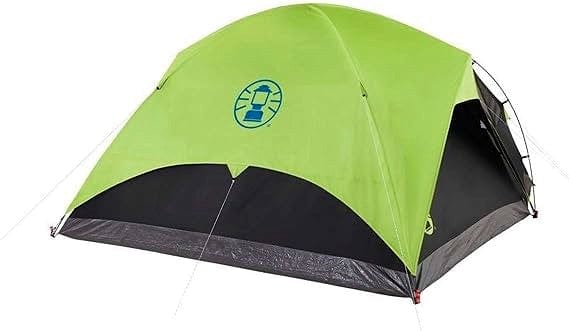
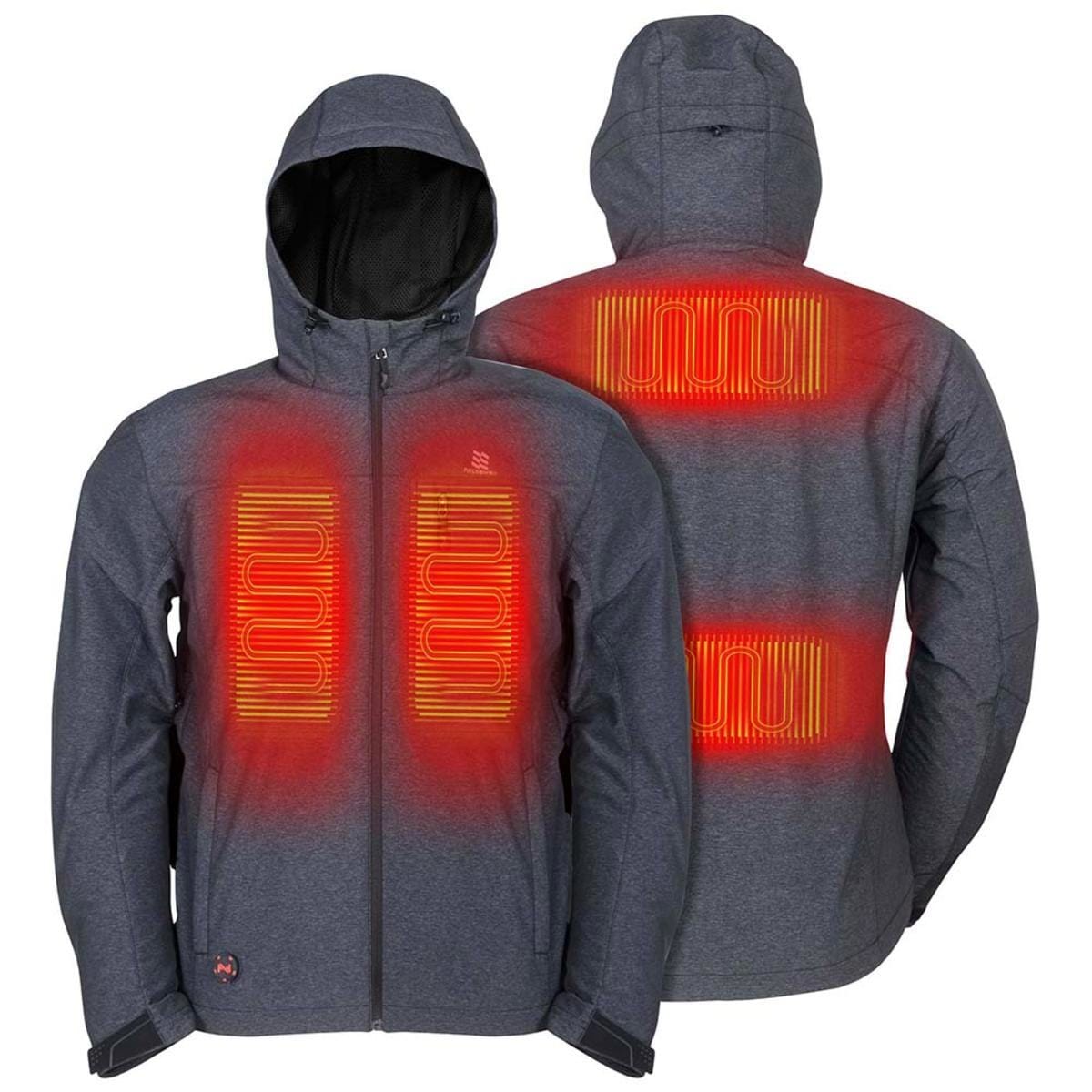
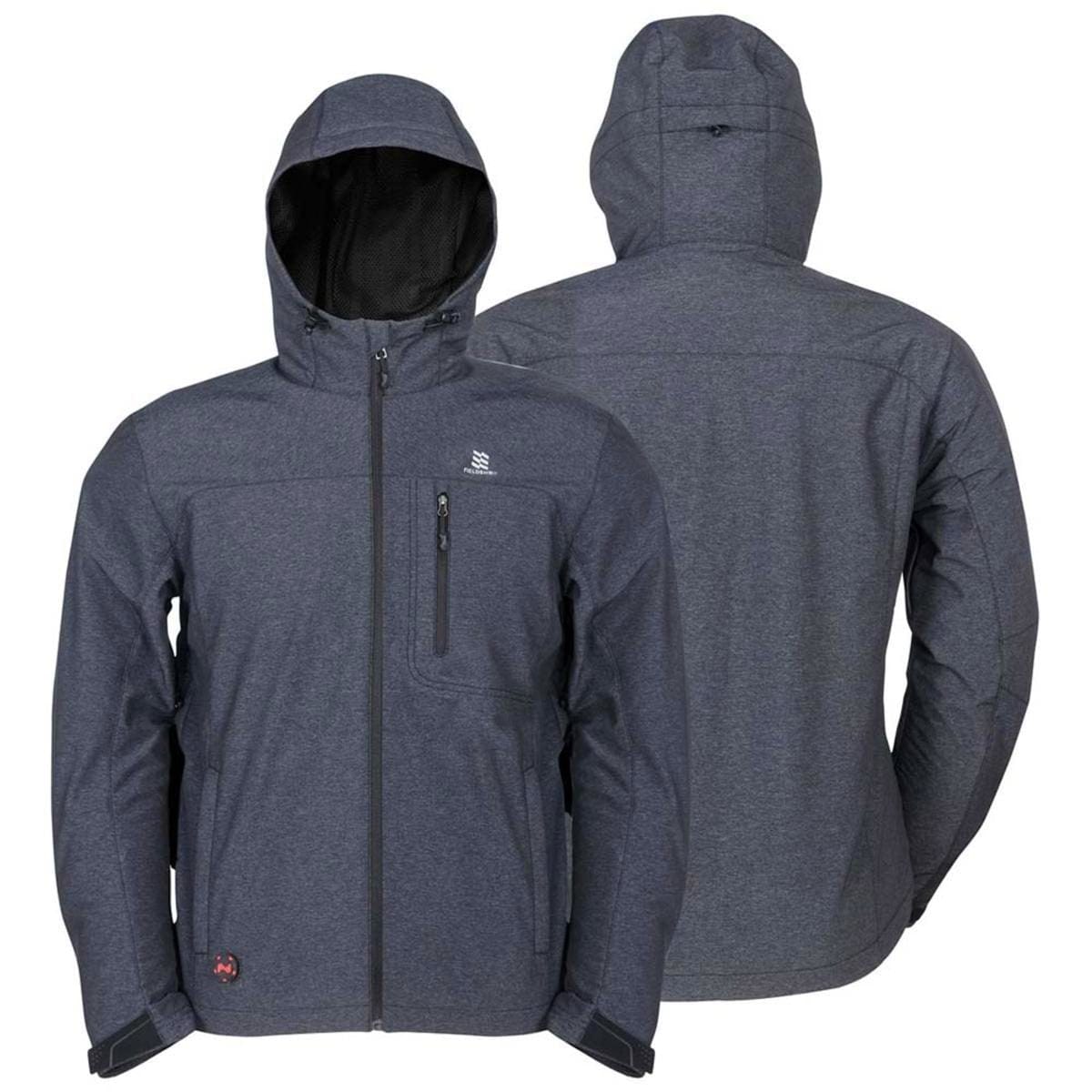
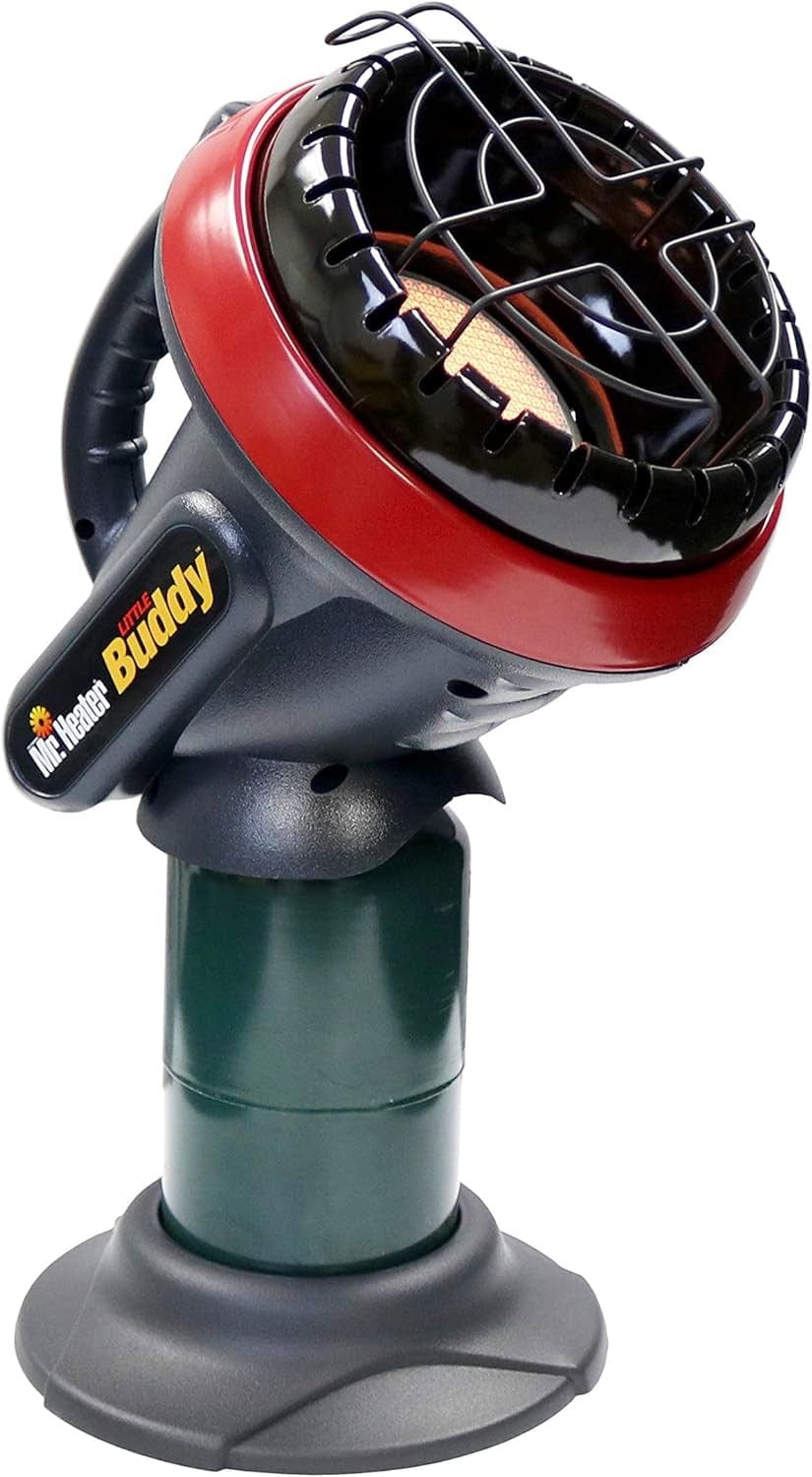
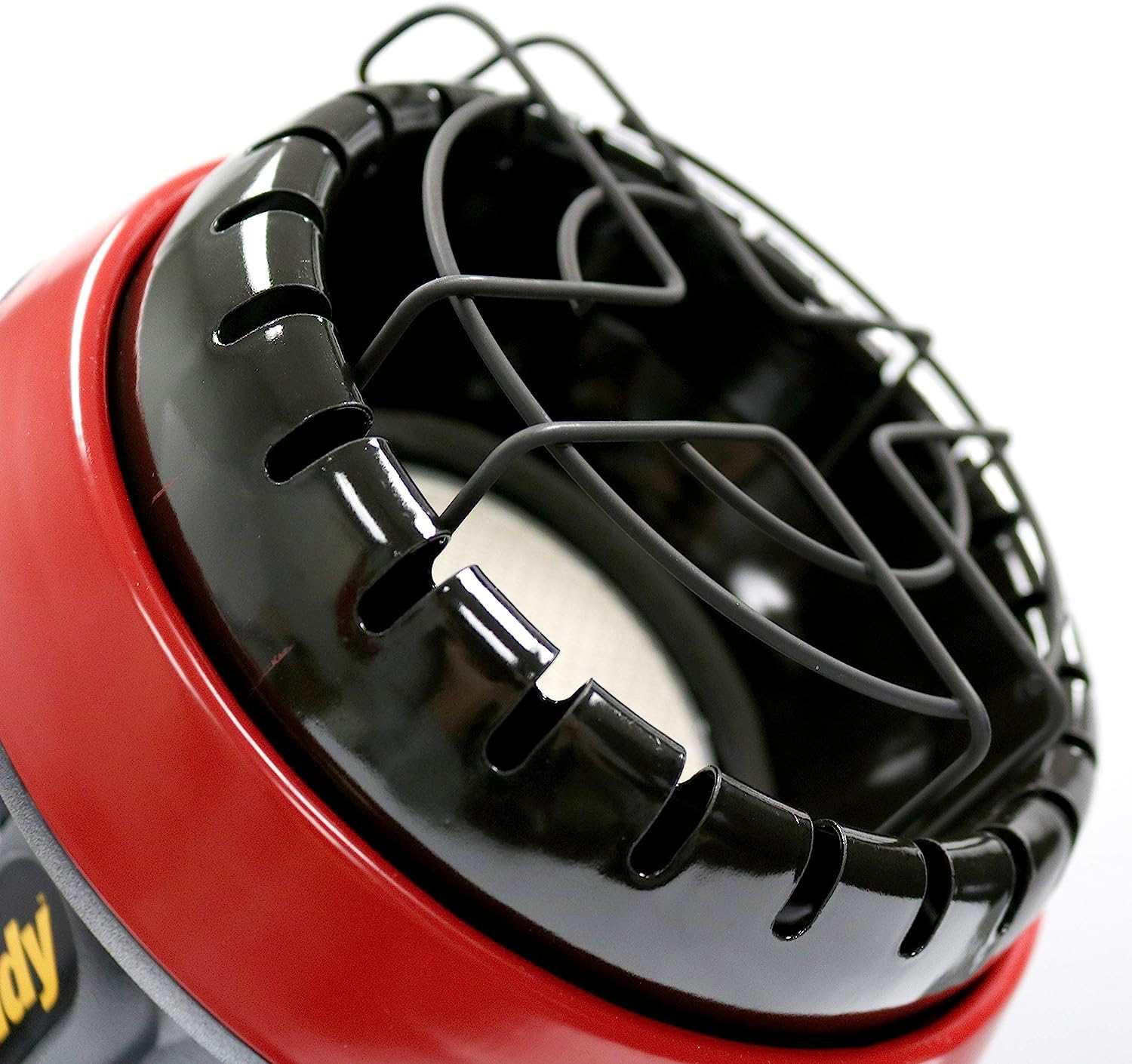
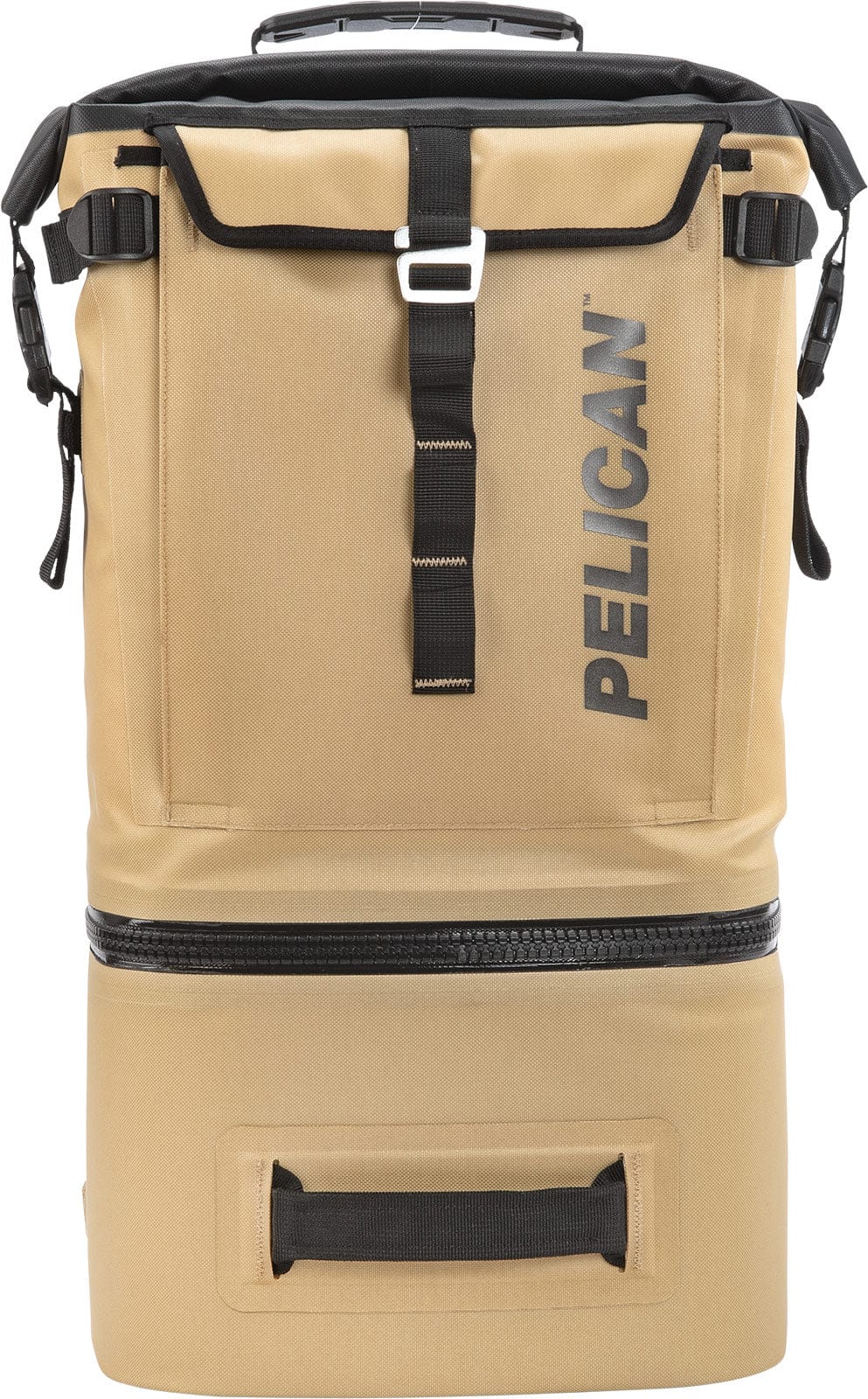
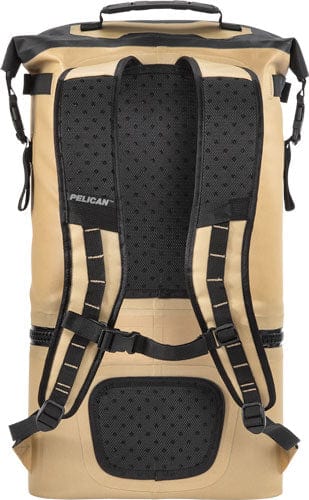
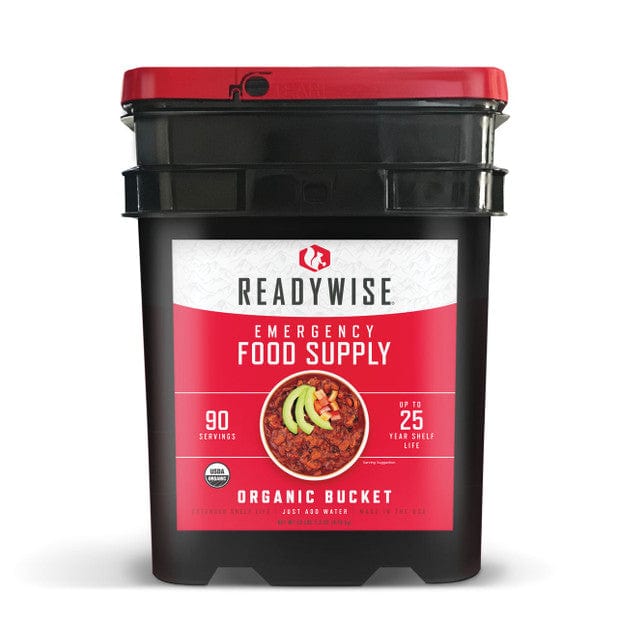
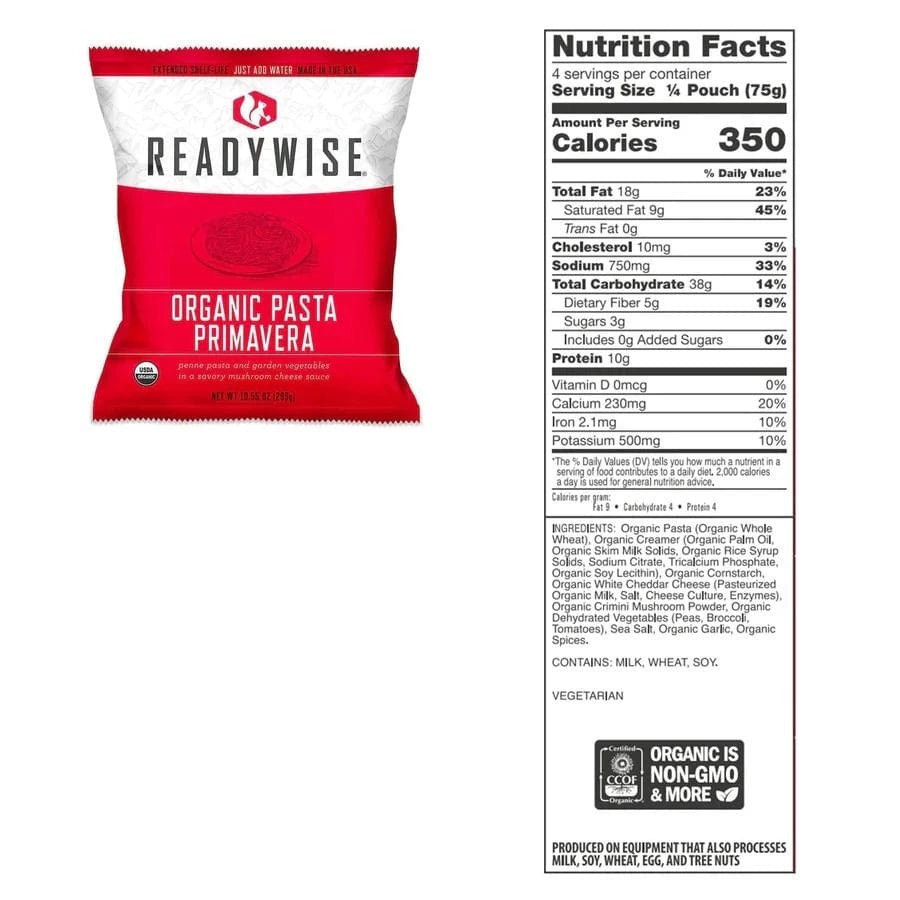
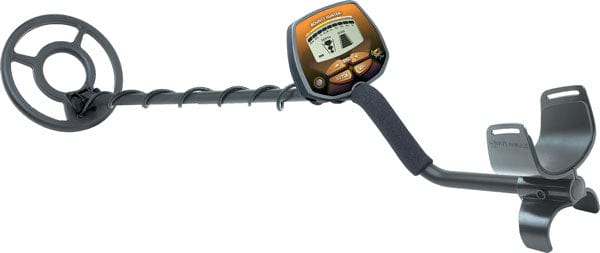
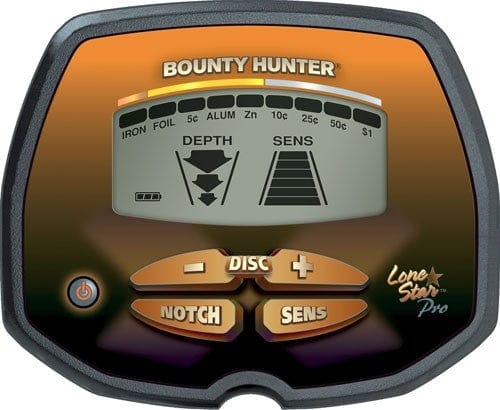
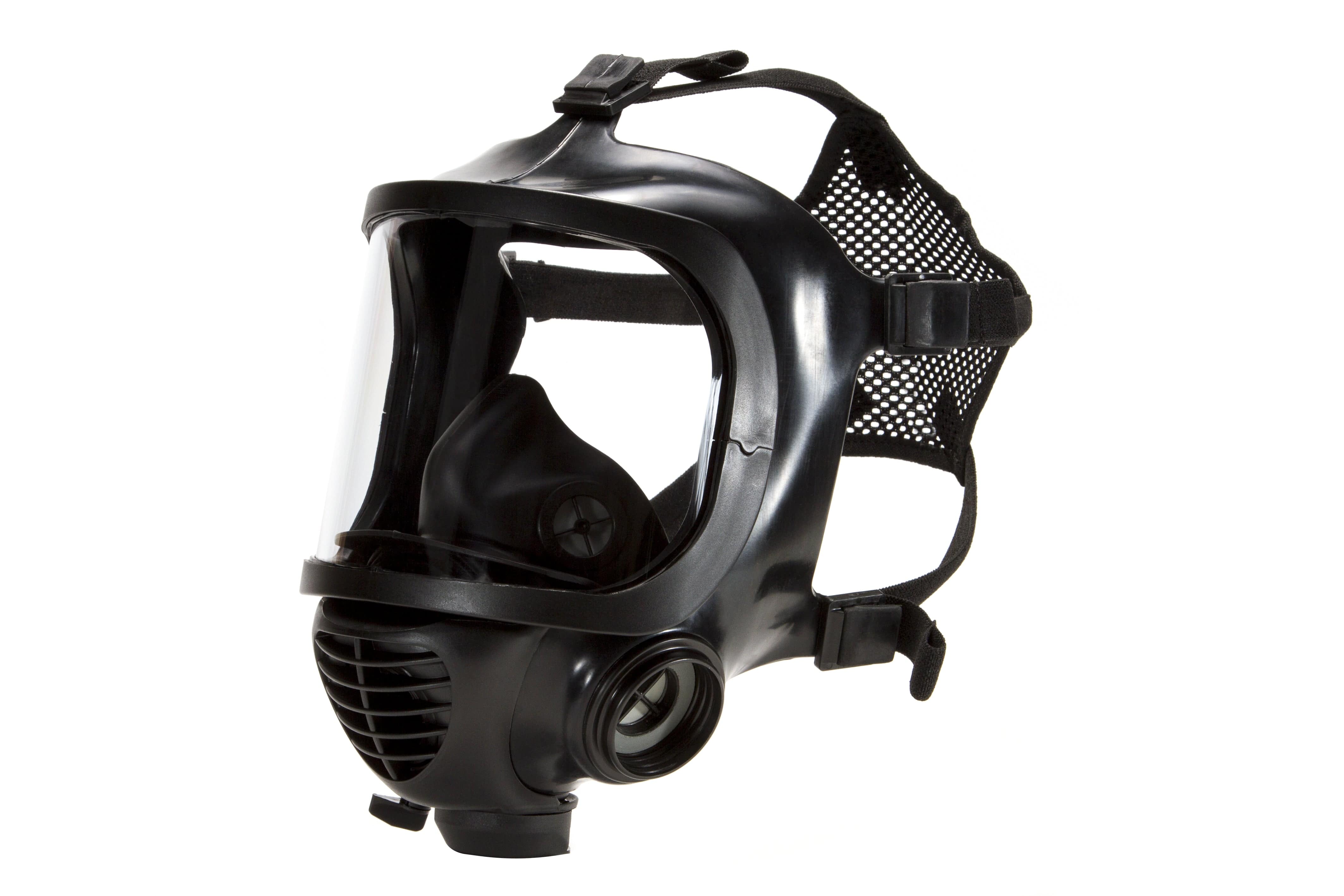
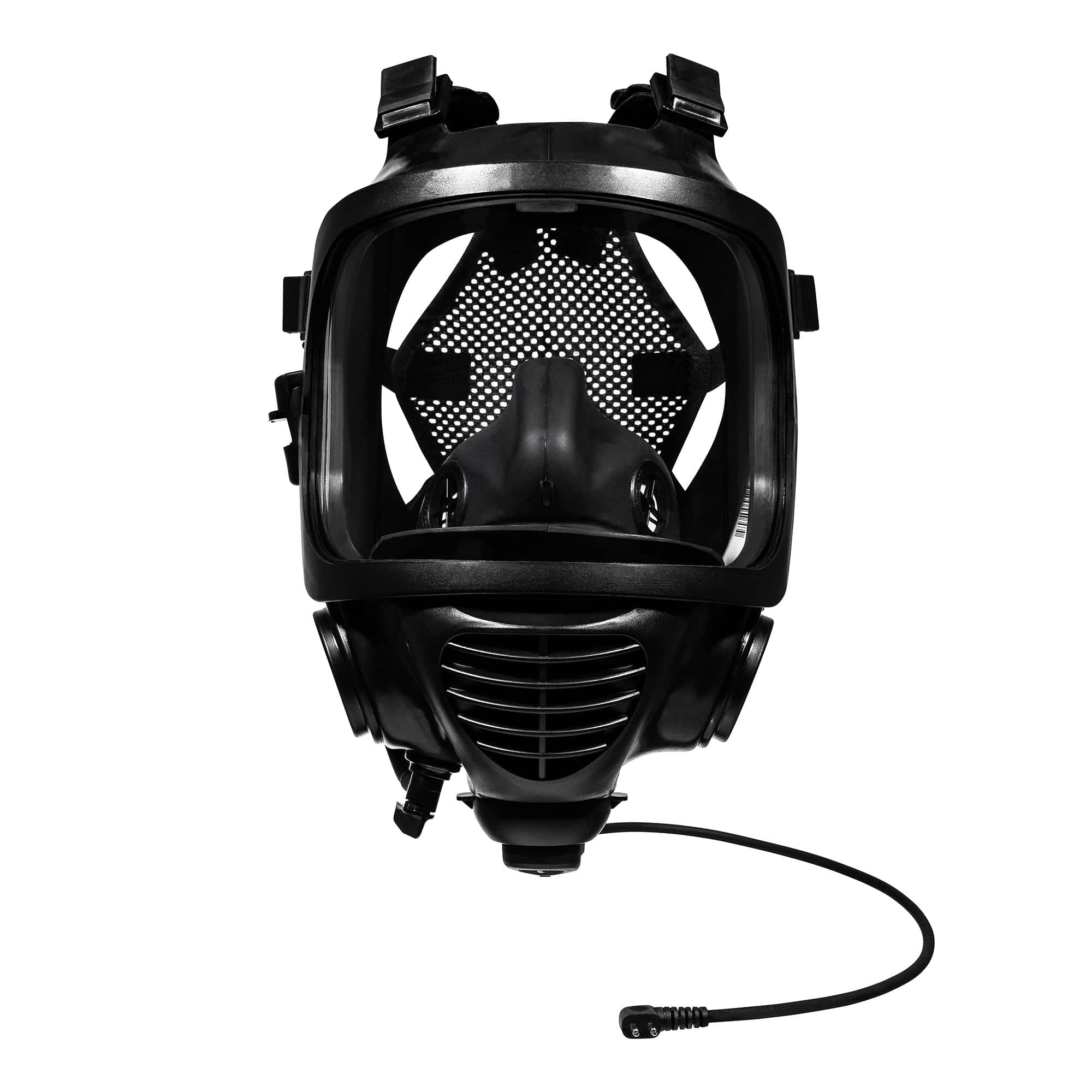
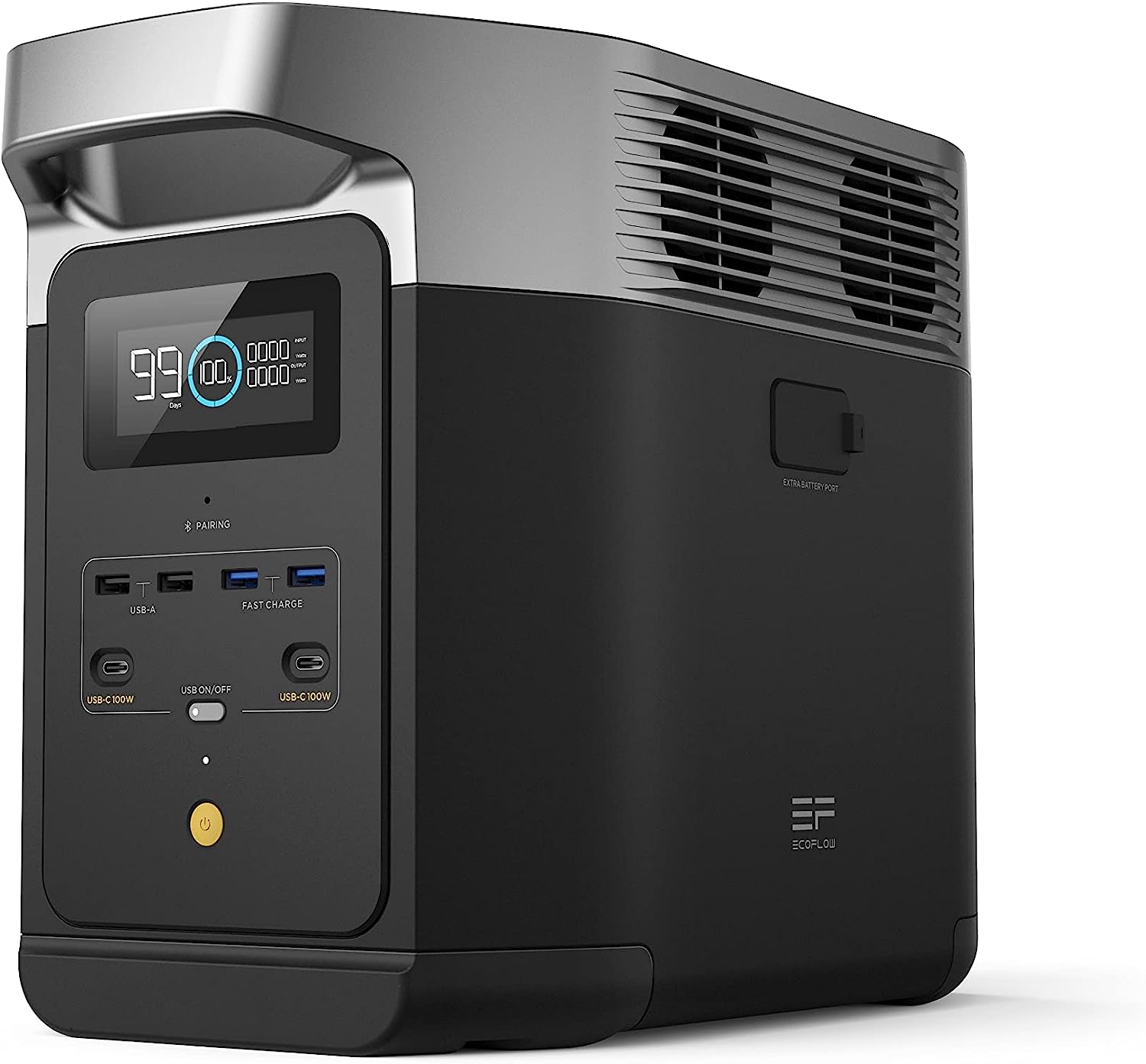
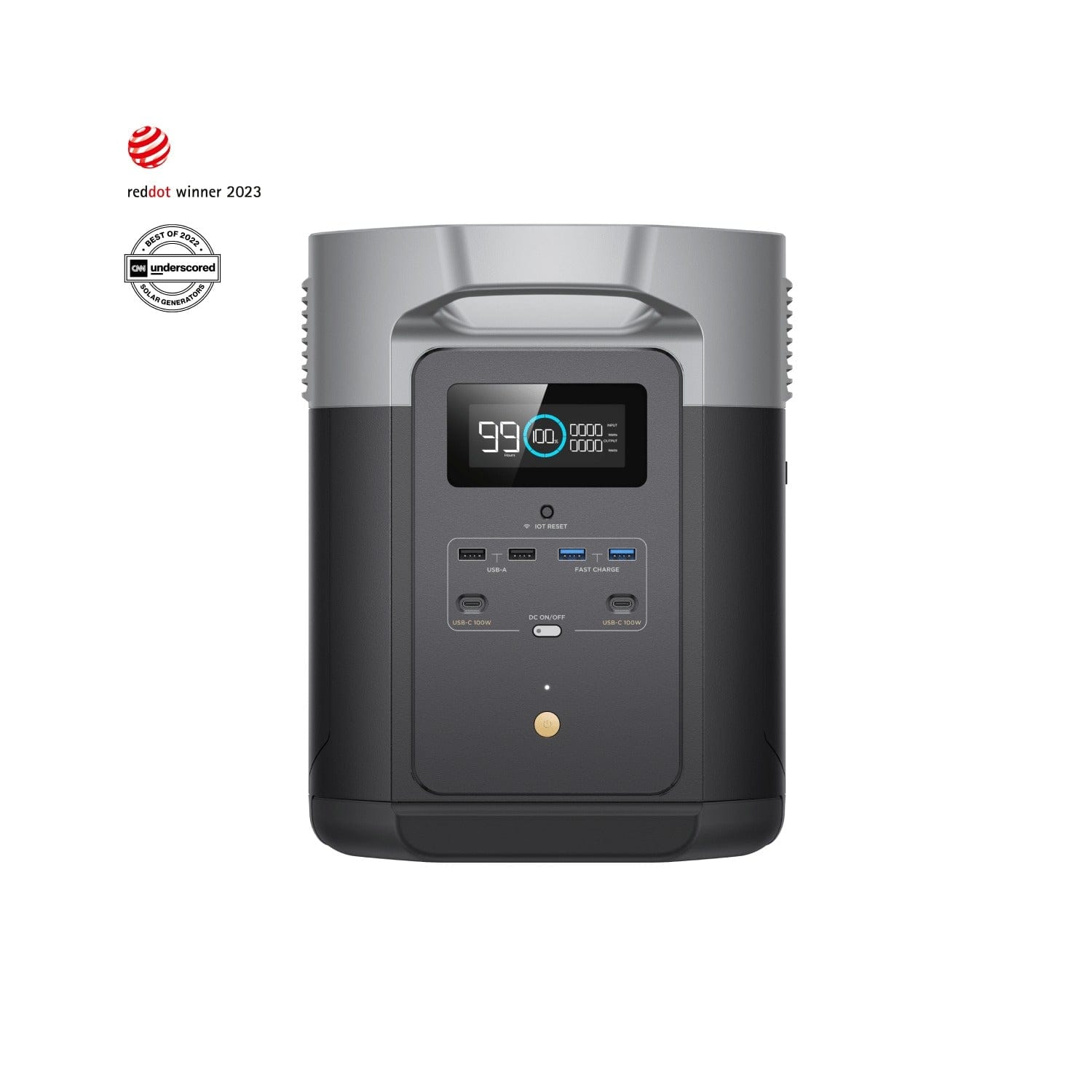
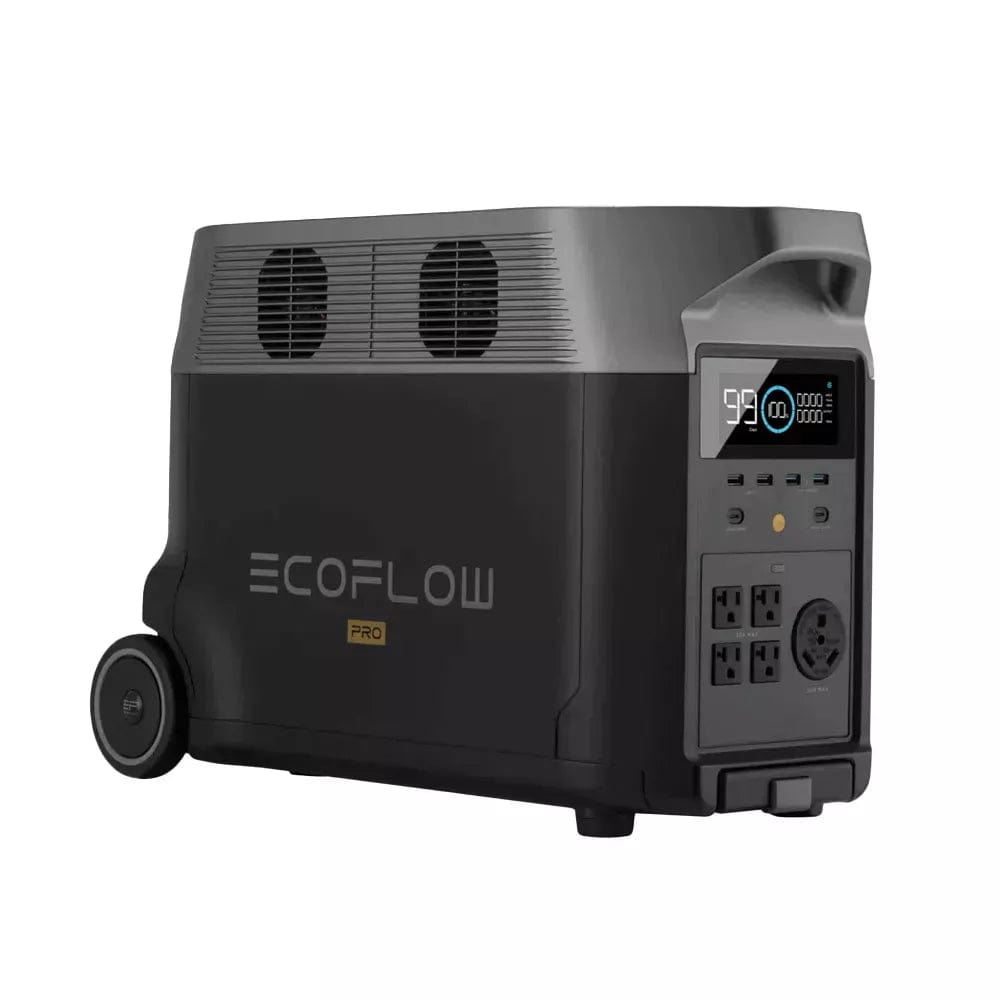

Our collections
View all
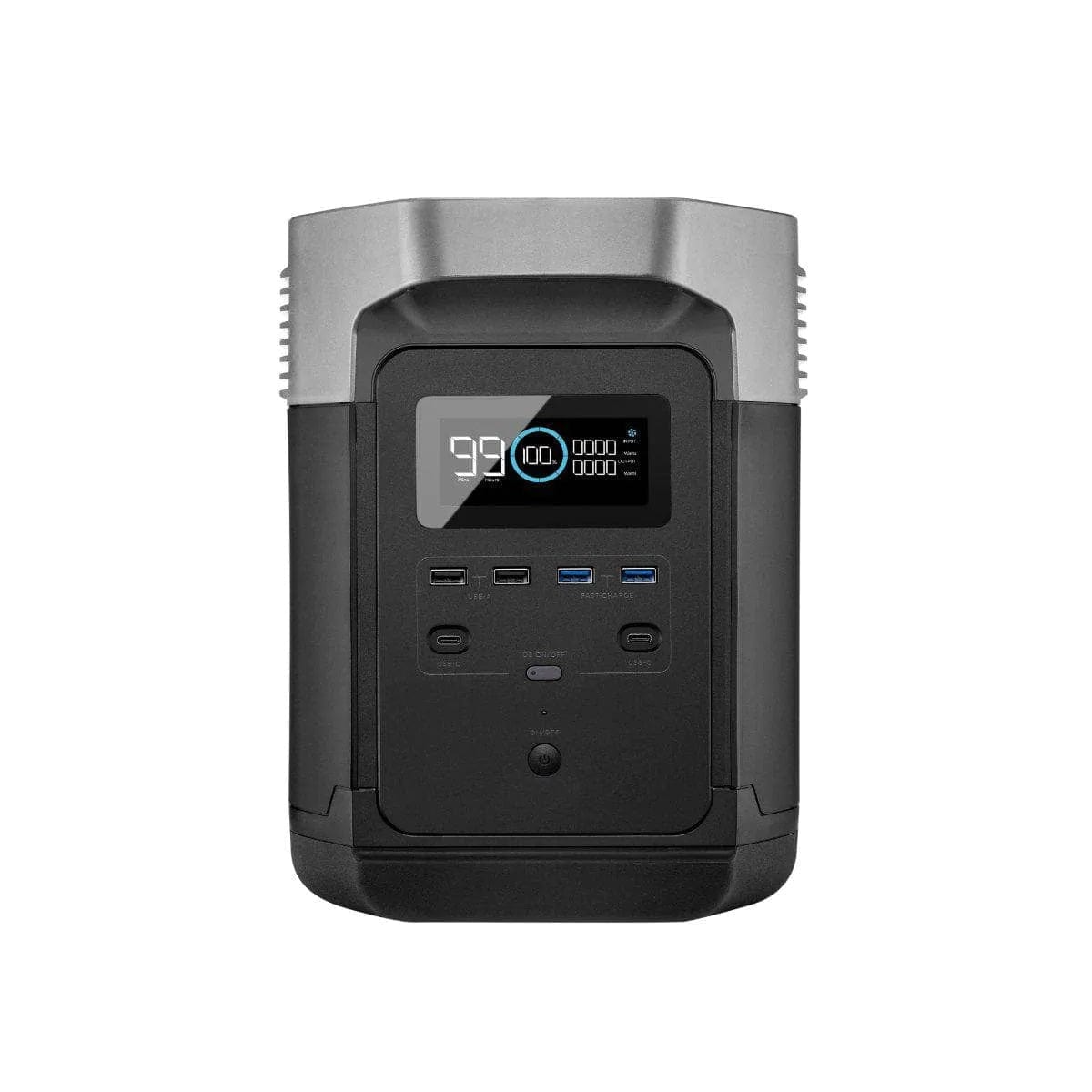
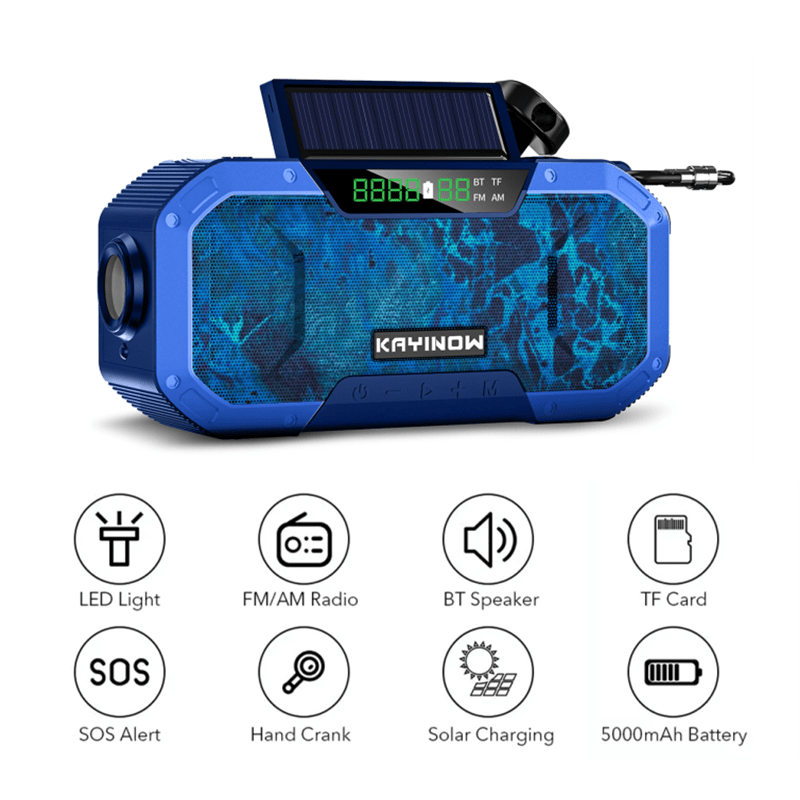
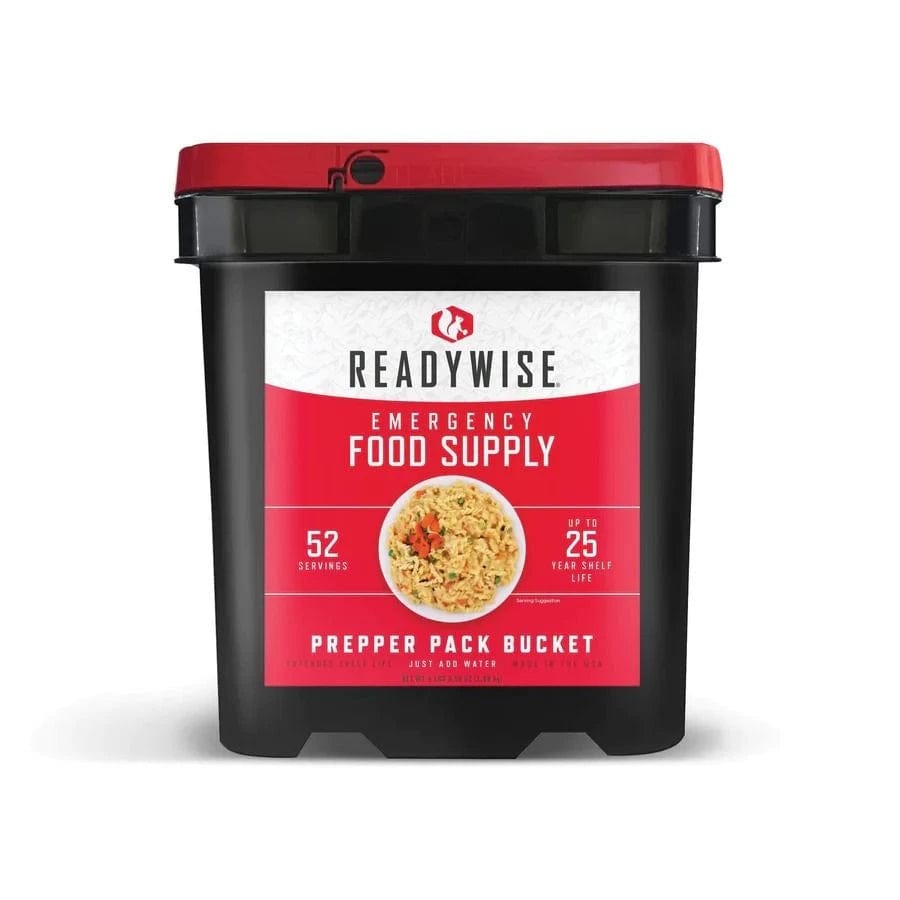
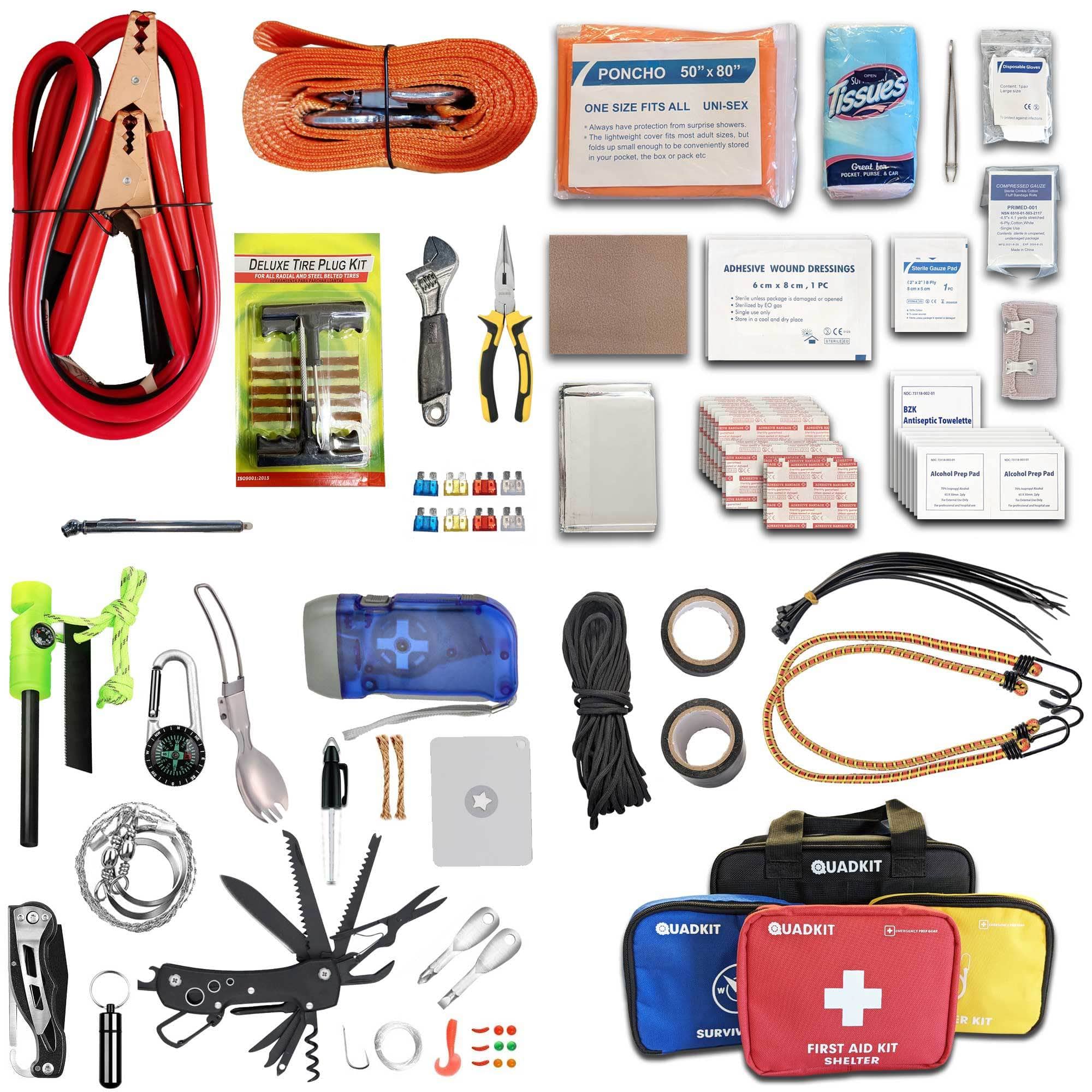
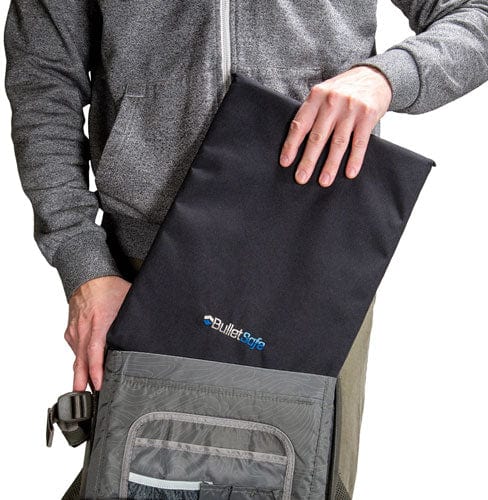
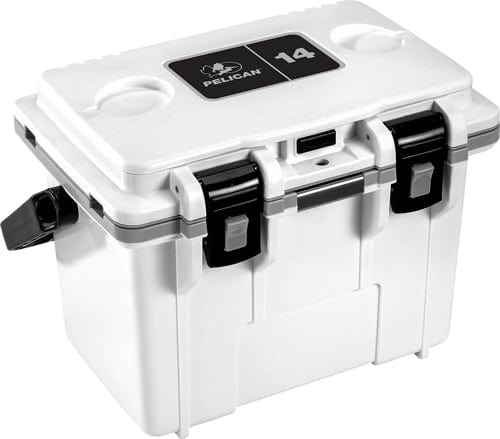
Featured product
View detailsBlog posts
View allFrequently Asked Questions
Q1: Why invest in survival gear?
A1: Investing in survival gear is essential to ensure you and your family's safety during emergencies. Natural disasters, power outages, and unforeseen events can disrupt your daily life. Having the right gear on hand can help you stay self-sufficient, comfortable, and secure when traditional services are unavailable.
Q2: What do I need in my emergency survival kits?
A2: Your emergency survival kit should include essentials like non-perishable food, water, first-aid supplies, flashlights, batteries, a multi-tool, blankets, and important documents. Customize your kit based on your family's unique needs and any specific concerns in your area.
Q3: What’s some of the most important survival gear I need to have on hand?
A3: Critical survival gear includes a reliable water purification method, a multi-purpose knife, a portable stove, emergency shelter, communication devices, and basic hygiene items. These essentials cover your basic needs for survival.
Q4: When looking for survival gear, what are some of the most important things to keep in mind?
A4: Prioritize quality and durability when selecting survival gear. Look for trusted brands, read reviews, and consider the specific needs of your region and family. Ensure your gear is easy to use and maintain.
Q5: What should I look for when trying to find a gear bag to carry my survival gear?
A5: Choose a sturdy, weather-resistant bag with multiple compartments to keep your gear organized. Opt for a comfortable backpack-style bag with adjustable straps, making it easier to carry during emergencies.
Q6: What are some of the most important tools to keep in your survival gear bag at all times?
A6: Essential tools include a flashlight with spare batteries, a multi-tool, fire-starting equipment, a compact first-aid kit, a whistle, and a map of your local area. These tools can be lifesavers in various situations.
Q7: How much food will I need to feed a family of 4 for 30 days?
A7: Plan for at least 30 days of non-perishable, easy-to-prepare food for each family member. This includes canned goods, freeze-dried meals, and foods with a long shelf life. Don't forget dietary preferences and any special needs.
Q8: About how much water do I need to figure per person, per day?
A8: A general guideline is to have one gallon of water per person per day for drinking and sanitation. Adjust this based on climate, activity level, and the needs of your family, but ensure you have a minimum of three days' supply.
Q9: Where is the best place for me to store all my survival food when I am not using it?
A9: Store your survival food in a cool, dry place away from direct sunlight. Use airtight containers or food-grade buckets with lids to keep it fresh and protect it from pests.
Q10: What is the best way to store water long-term?
A10: For long-term water storage, use food-grade containers or water barrels designed for this purpose. Add water preserver drops to extend the shelf life and regularly rotate your water supply to keep it fresh.
Q11: How should I prepare in the event of an emergency?
A11: Prepare by creating a family emergency plan, assembling emergency kits, and staying informed about local hazards. Practice evacuation and communication plans with your family, and be ready to follow instructions from local authorities.
Q12: What do you mean by “Shelter-In-Place?”
A12: Shelter-in-place means staying inside your home or a safe location during an emergency, such as a chemical spill, severe weather, or a security threat. Seal windows and doors, and follow local authorities' instructions to protect yourself from external dangers.
Q13: What can I do to prepare for an earthquake?
A13: Earthquake preparedness includes securing heavy items, creating an earthquake kit, and knowing the "Drop, Cover, and Hold On" drill. Familiarize yourself with local earthquake hazards and evacuation routes.
Q14: Where can I obtain additional emergency preparedness information?
A14: You can find reliable information from government agencies like FEMA (Federal Emergency Management Agency), local emergency management offices, and trusted websites. Attend community workshops and consider joining local preparedness groups.
Q15: What is a prepper?
A15: A prepper is an individual who takes proactive steps to prepare for emergencies, disasters, or societal disruptions. Preppers focus on self-sufficiency, emergency planning, and acquiring necessary supplies to ensure their survival and the well-being of their loved ones.
Q16: What are preppers prepping for?
A16: Preppers are prepping for a wide range of emergencies, including natural disasters, economic instability, power outages, civil unrest, and other events that could disrupt normal life. They aim to be self-reliant and resilient in the face of adversity.
Q17: Why buy from Prepared Bee?
A17: Prepared Bee stands as the premier online destination for individuals seeking comprehensive solutions for emergency preparation. Our focus lies in offering an extensive range of prepper gear and supplies, which include top-of-the-line survival kits, durable long-term food storage options, and a wide array of essential equipment designed for various survival scenarios. At Prepared Bee, we are committed to helping our customers be ready for any emergency, whether it's natural disasters, power outages, or unexpected events.
Our user-friendly website is designed to provide an effortless shopping experience, showcasing a curated selection of products that meet the highest standards of quality and reliability. We understand the importance of being prepared, and thus, we offer detailed product descriptions, expert reviews, and guidance to ensure our customers make informed decisions. Our inventory is constantly updated to include the latest advancements in survival technology and products.
At Prepared Bee, customer satisfaction is our top priority. We pride ourselves on offering exceptional customer service, with a dedicated team available to answer questions, provide recommendations, and assist with any concerns. We also offer educational resources and tips on emergency preparedness to empower our customers with knowledge and skills for self-reliance. By choosing Prepared Bee, you're not just purchasing products; you're investing in peace of mind, knowing you are well-prepared for any emergency situation.


